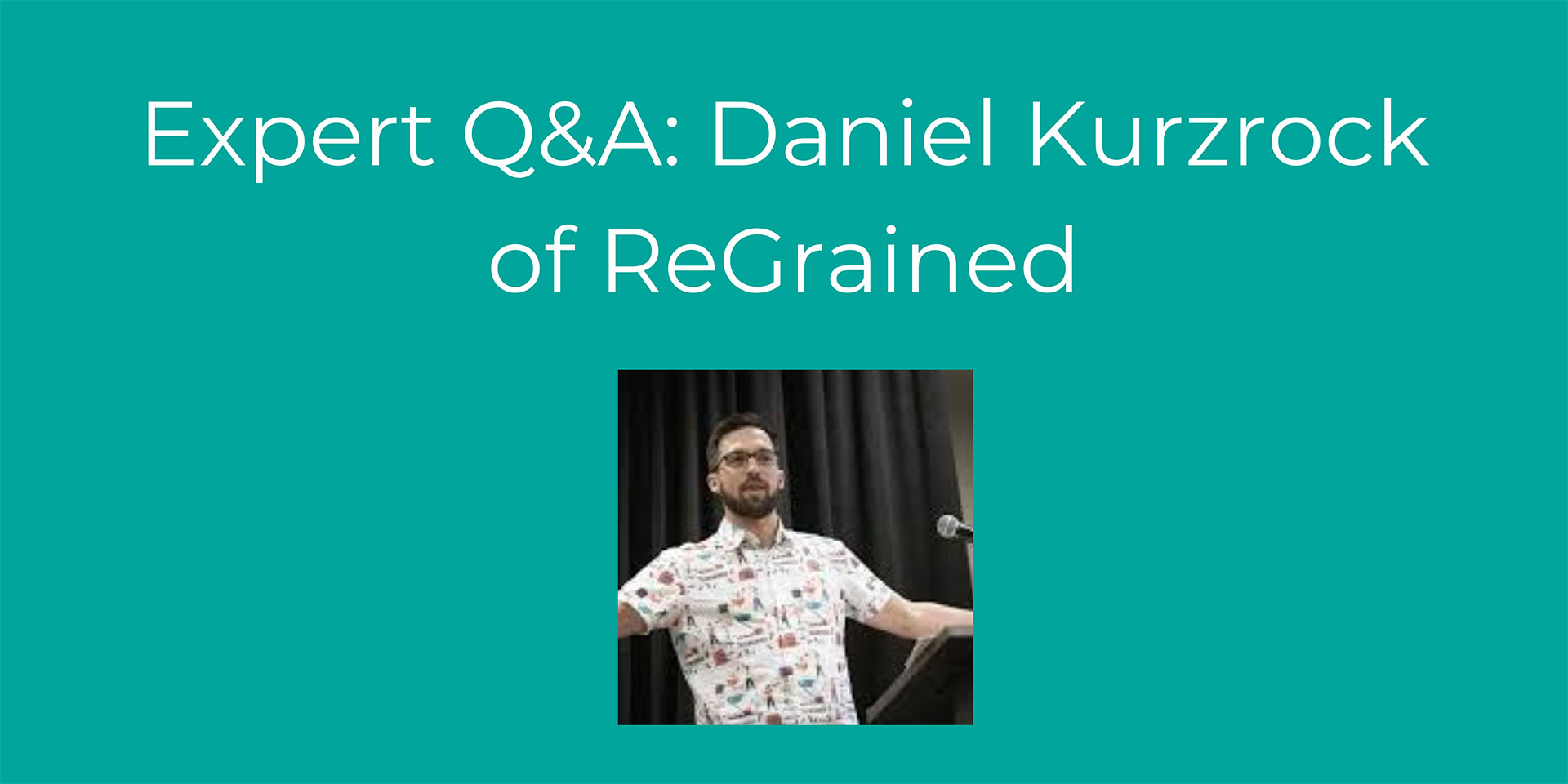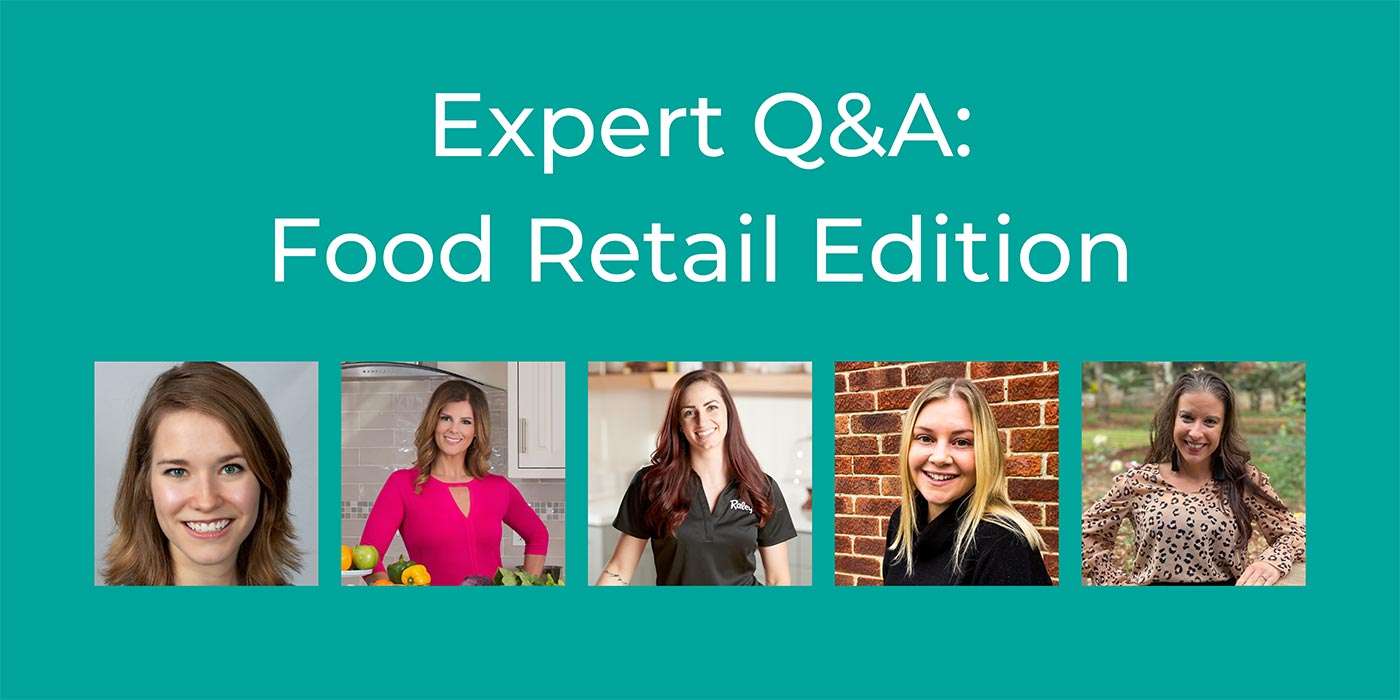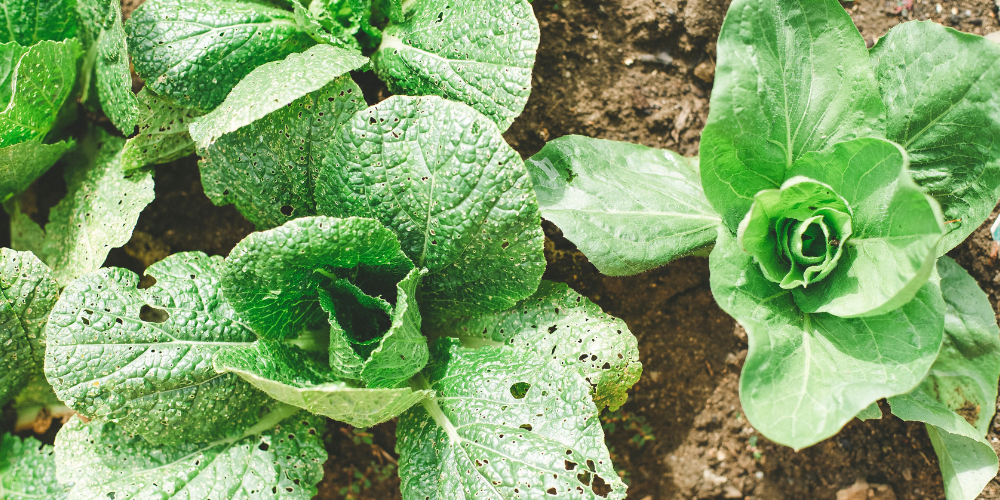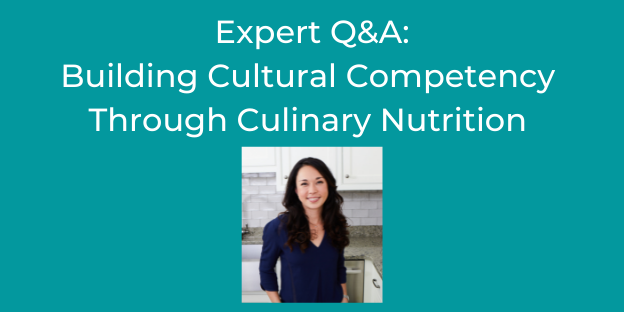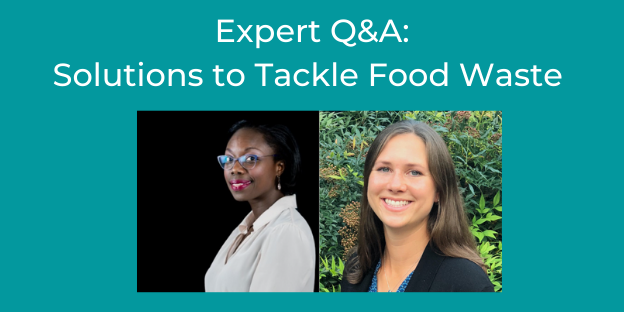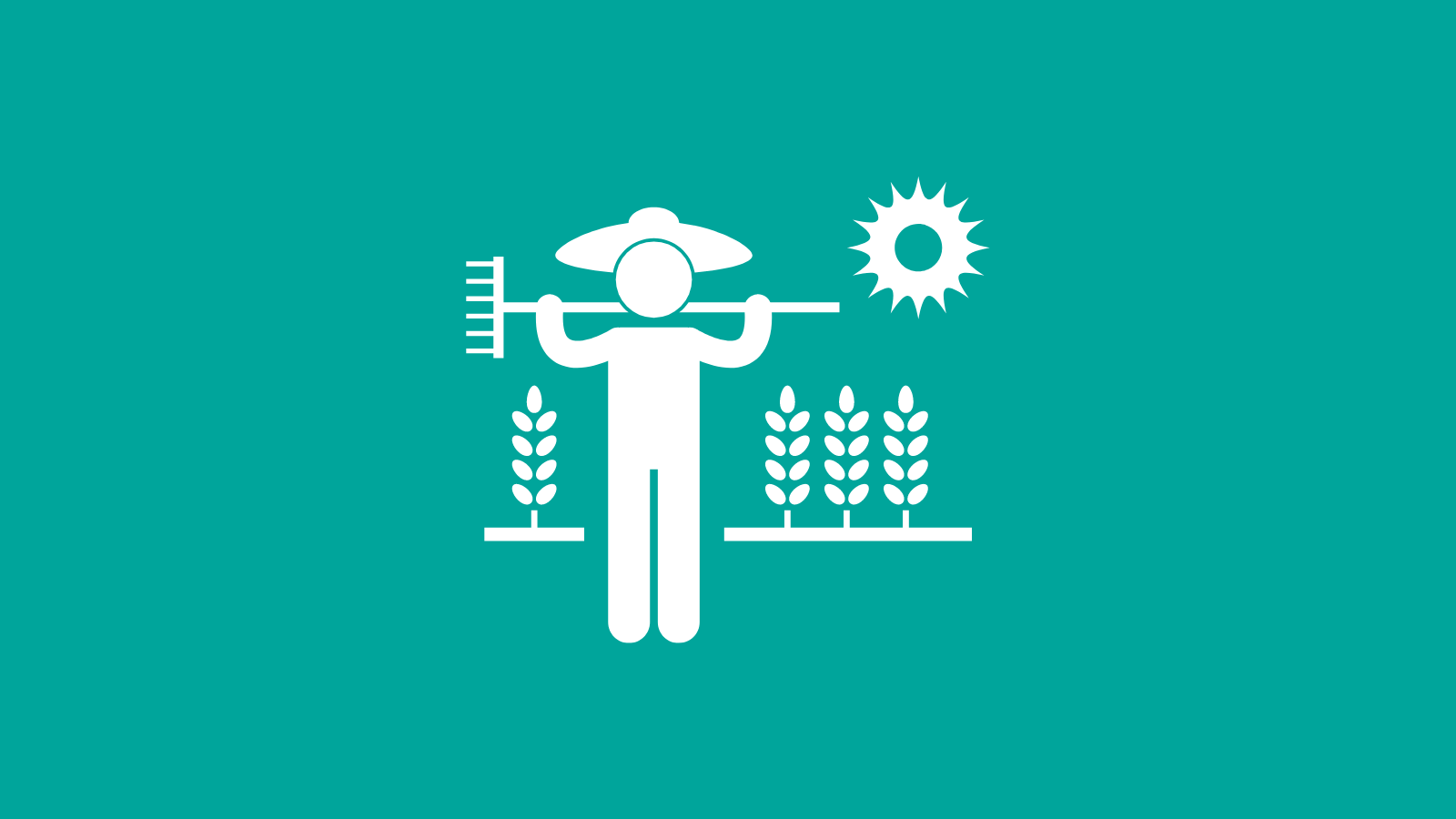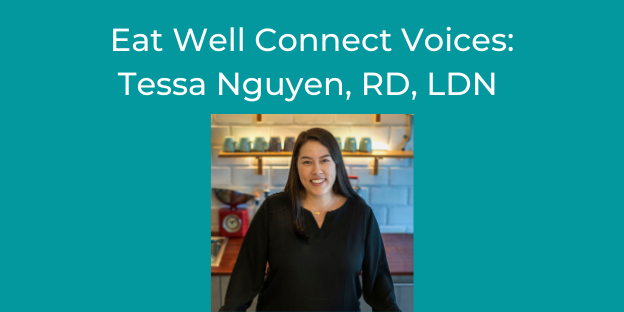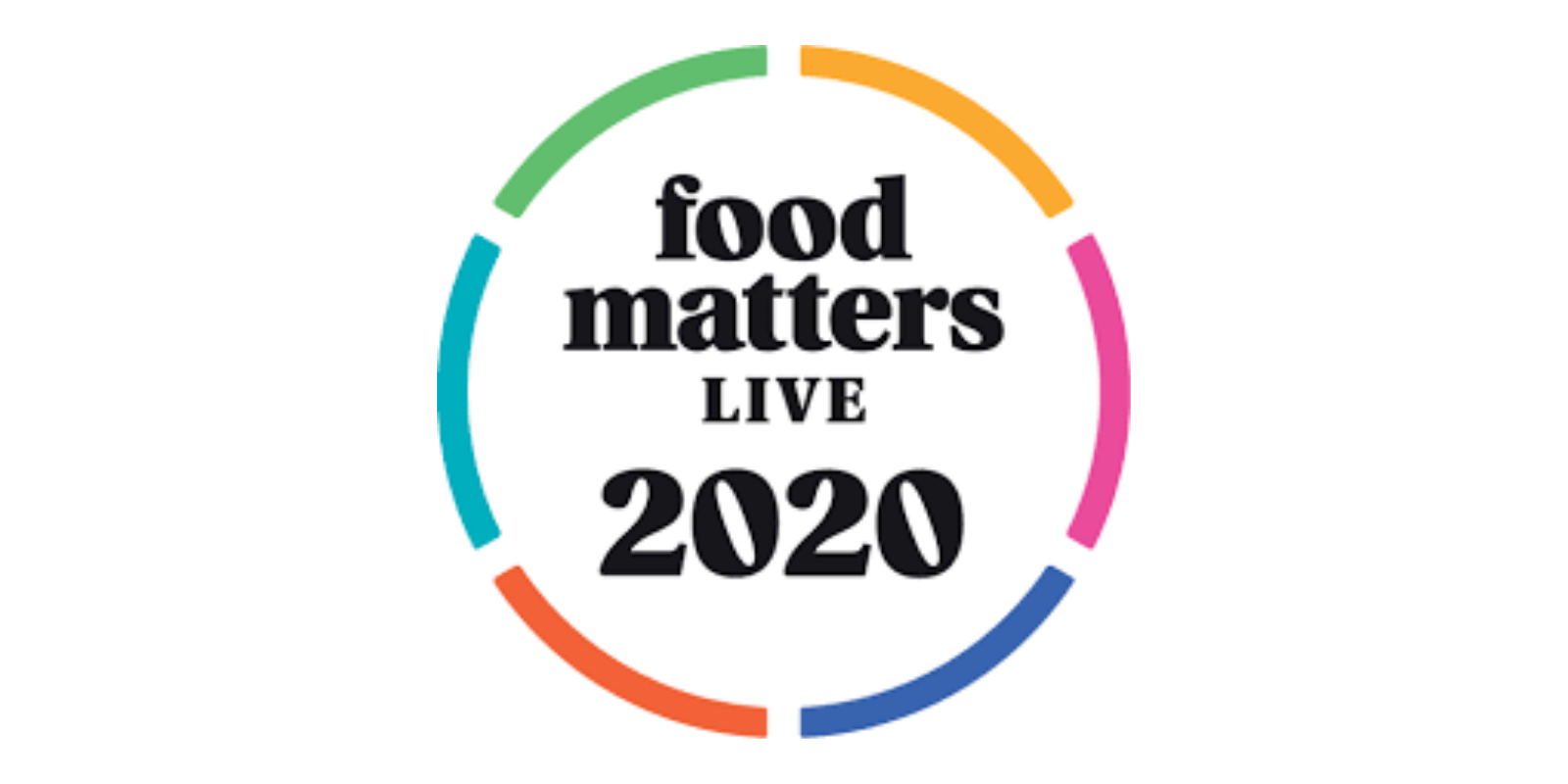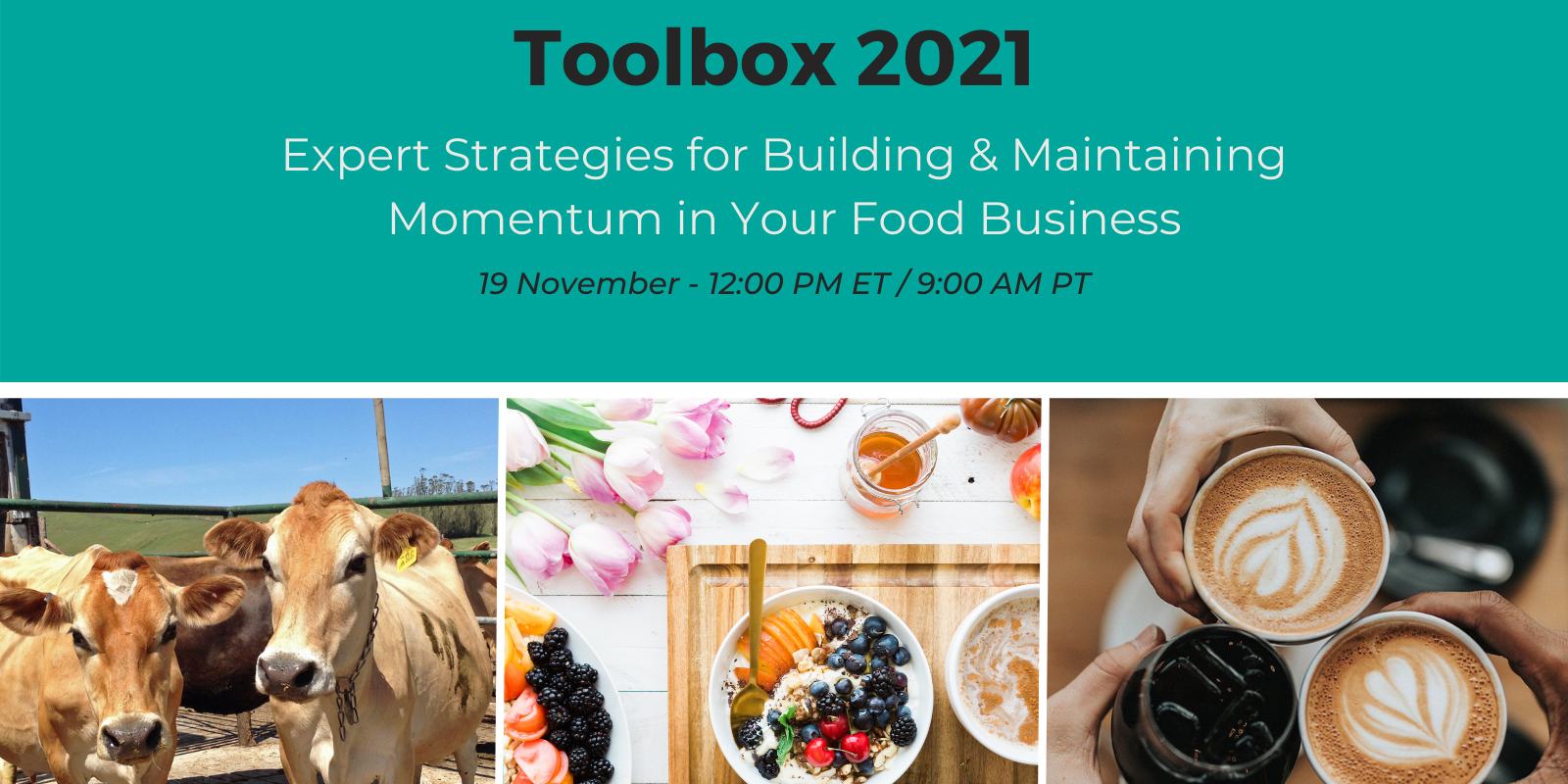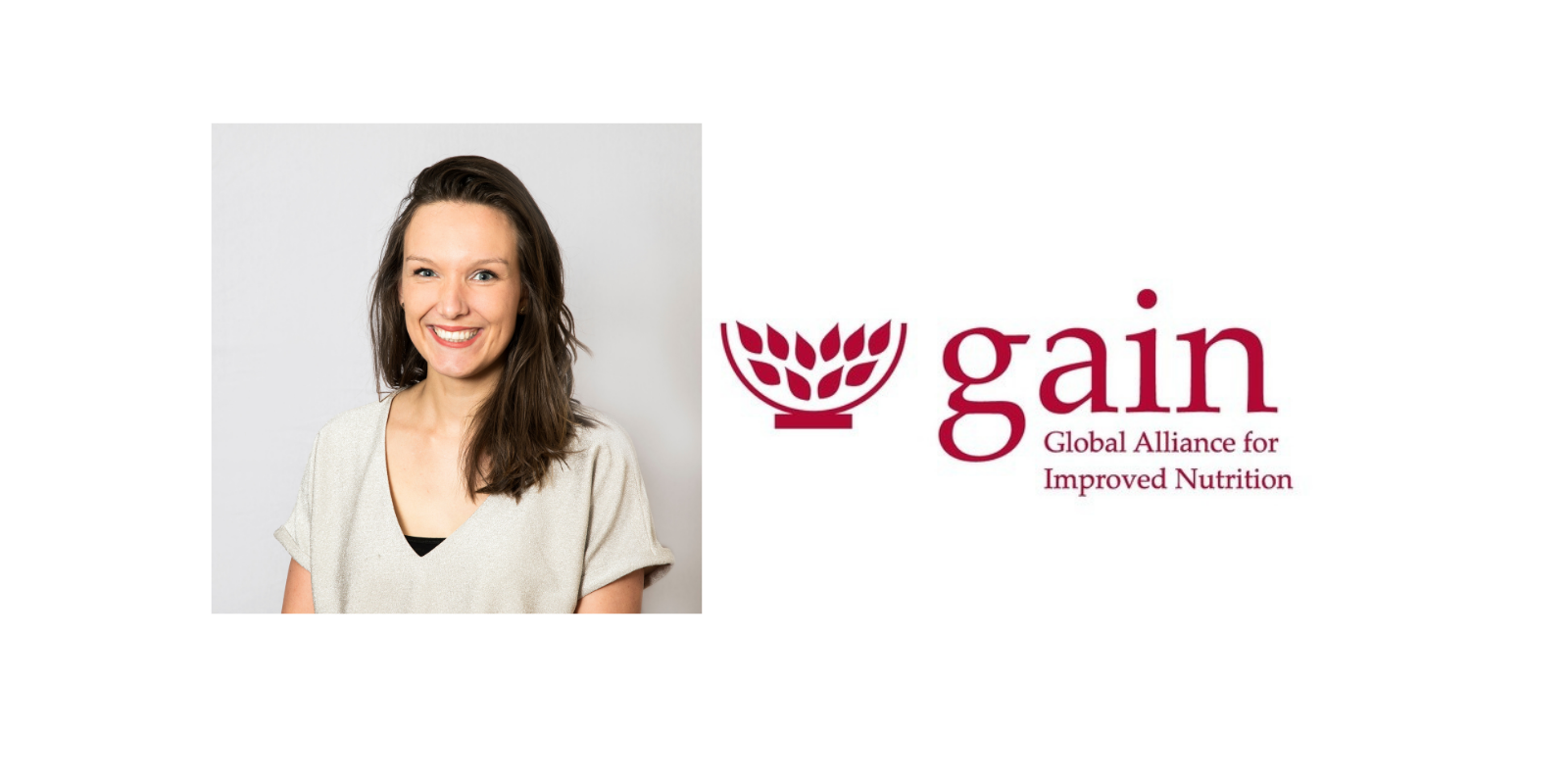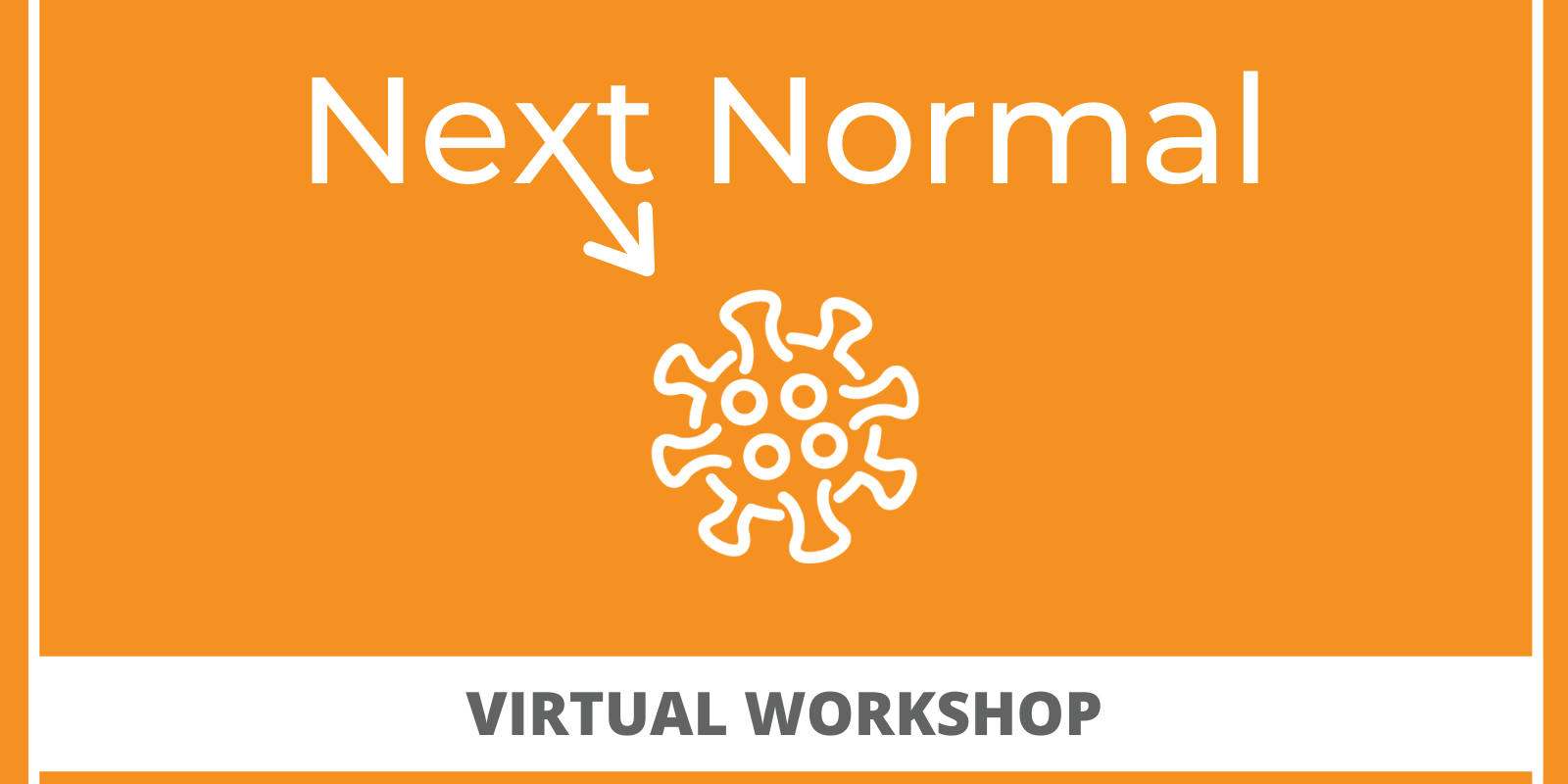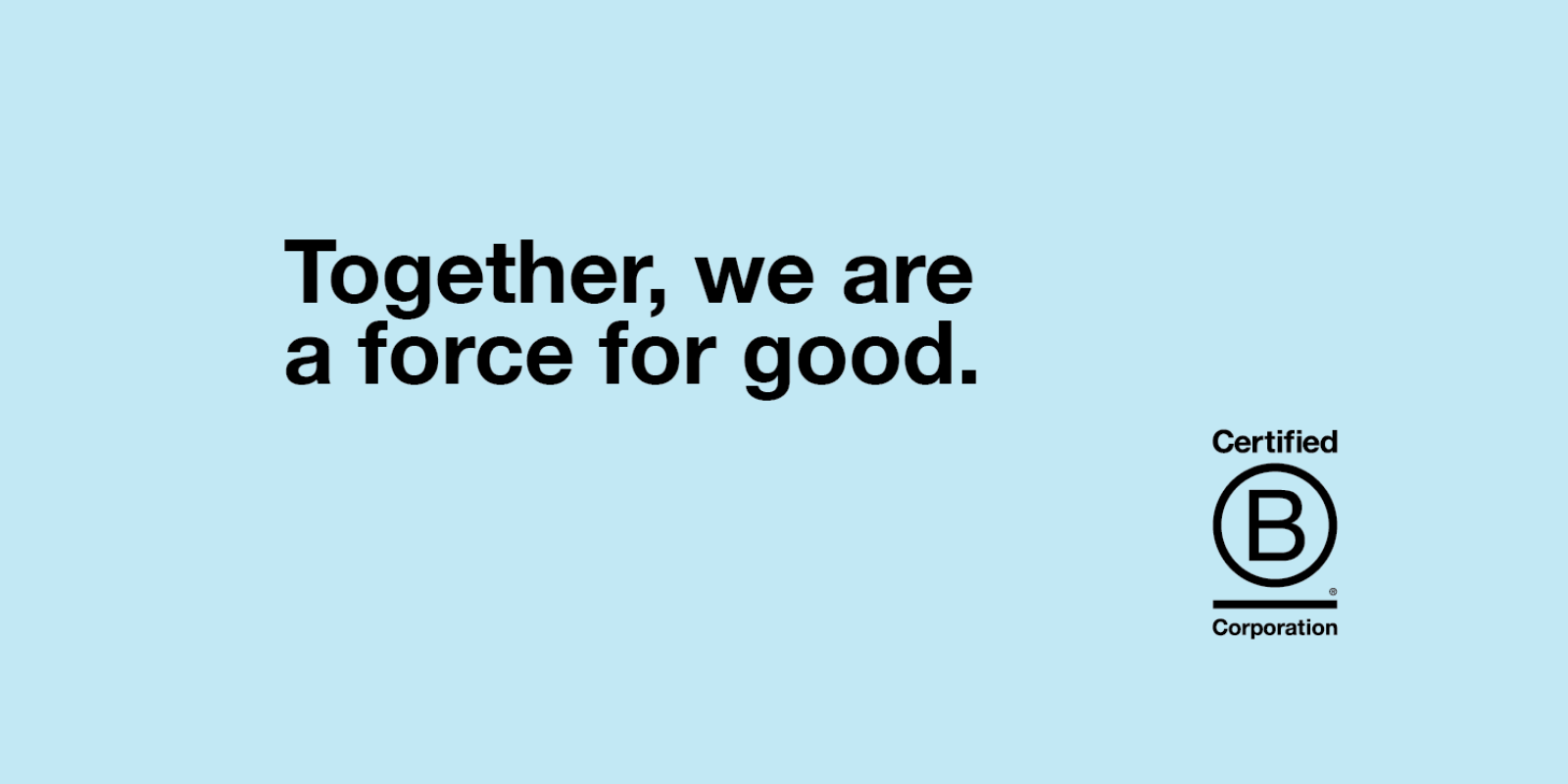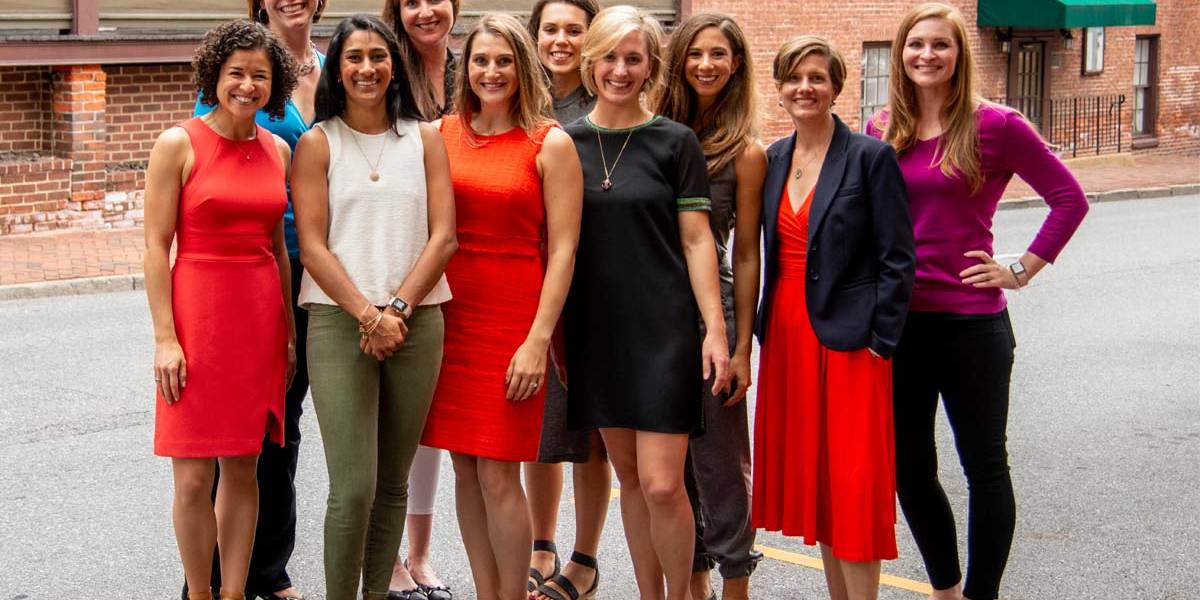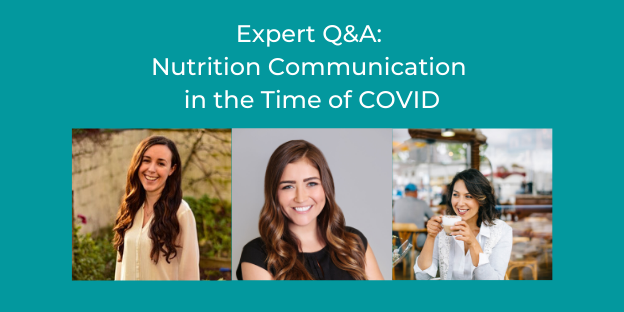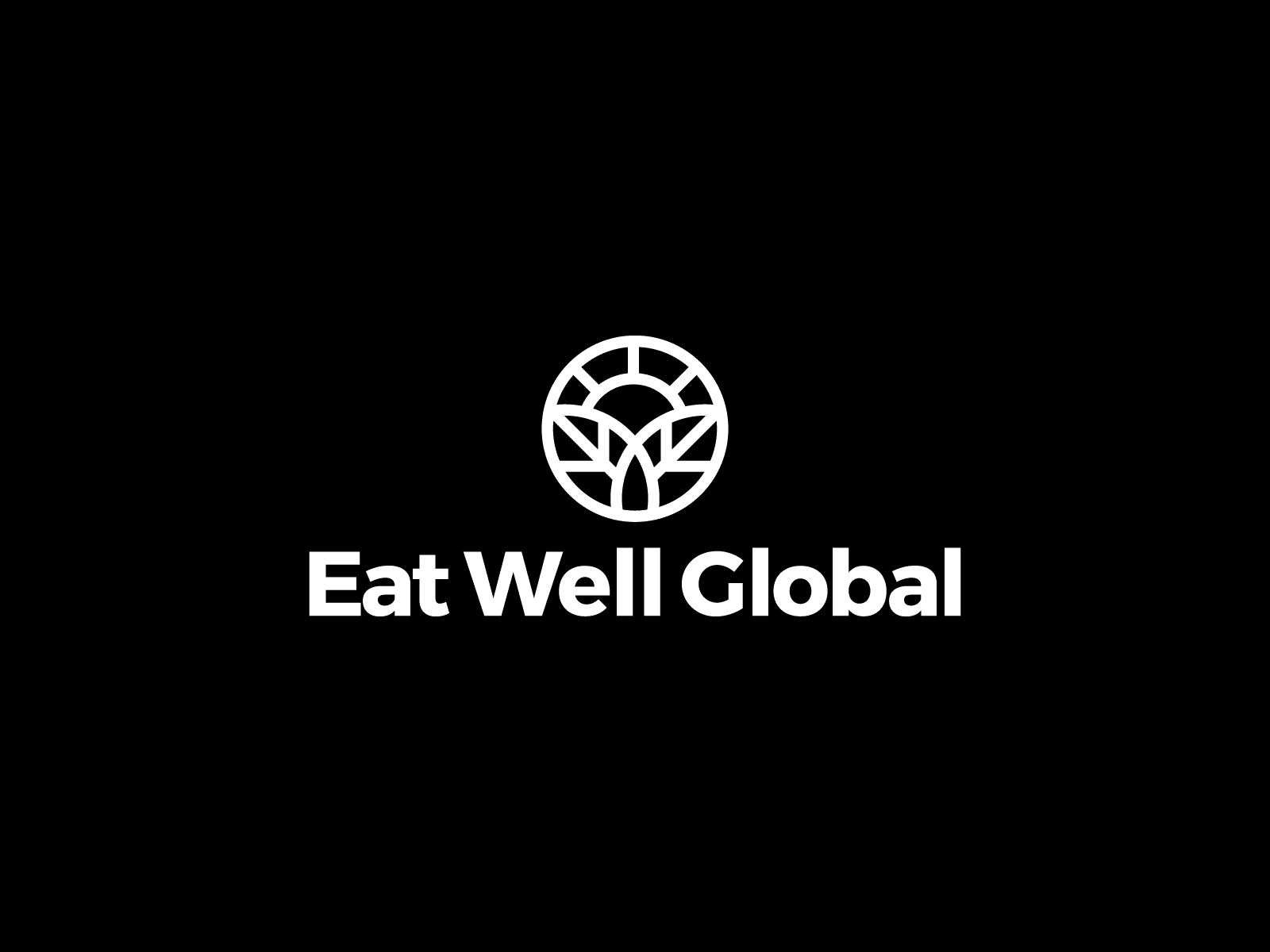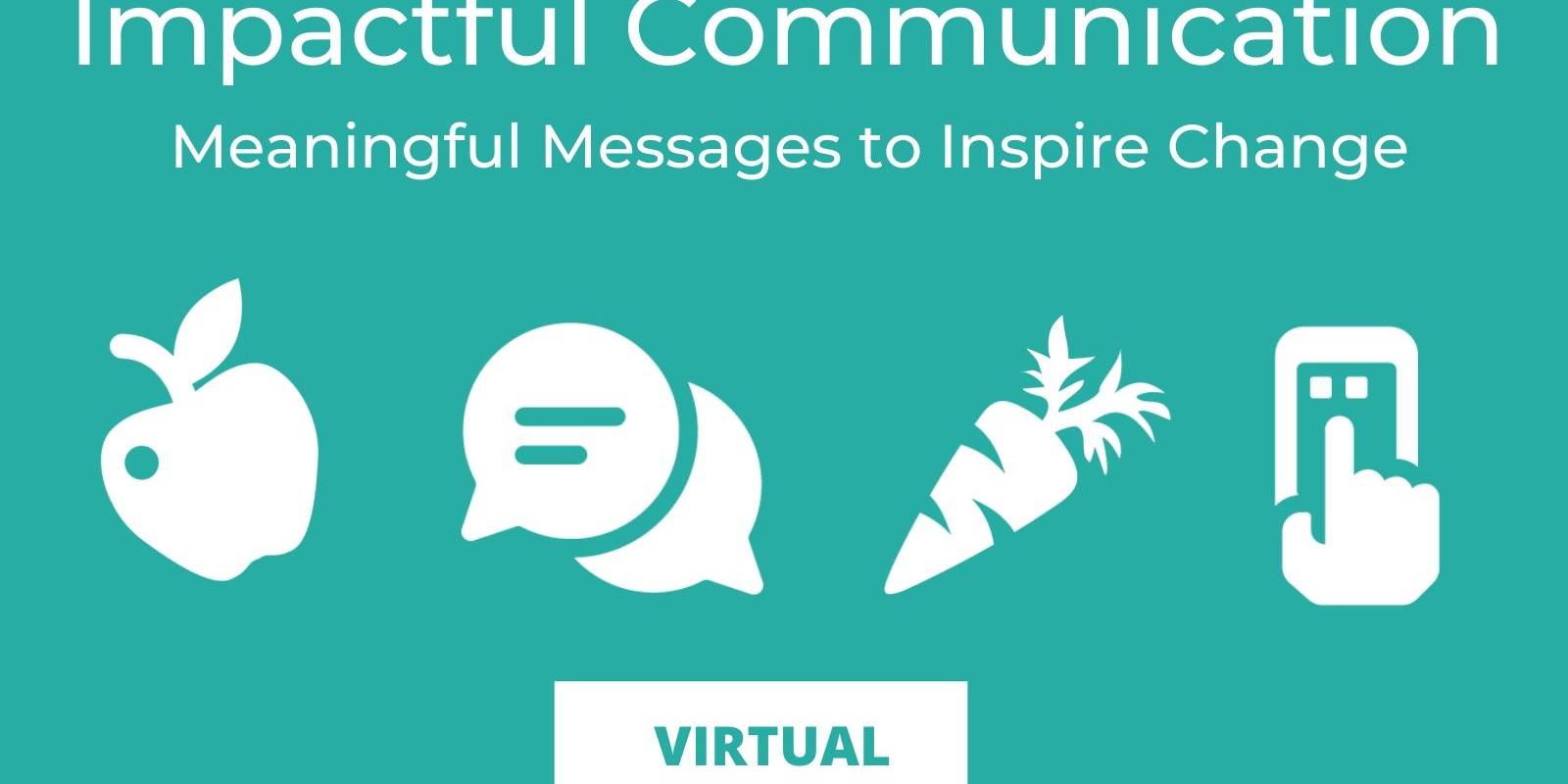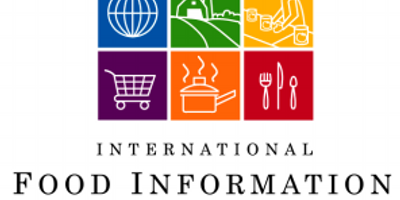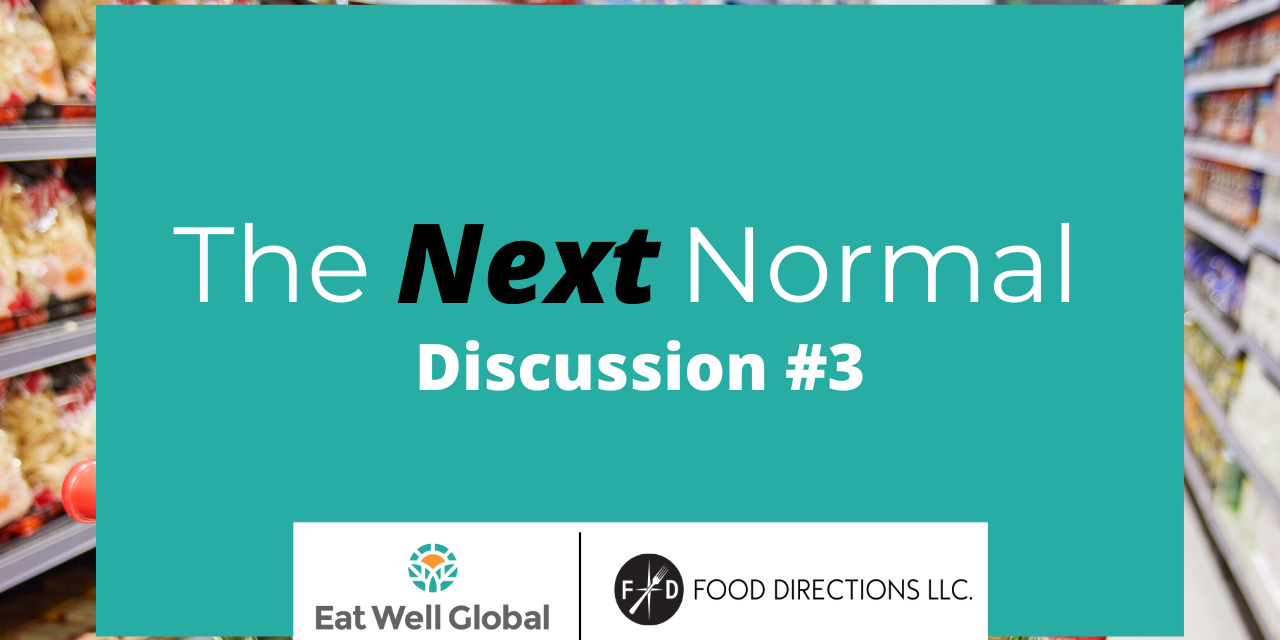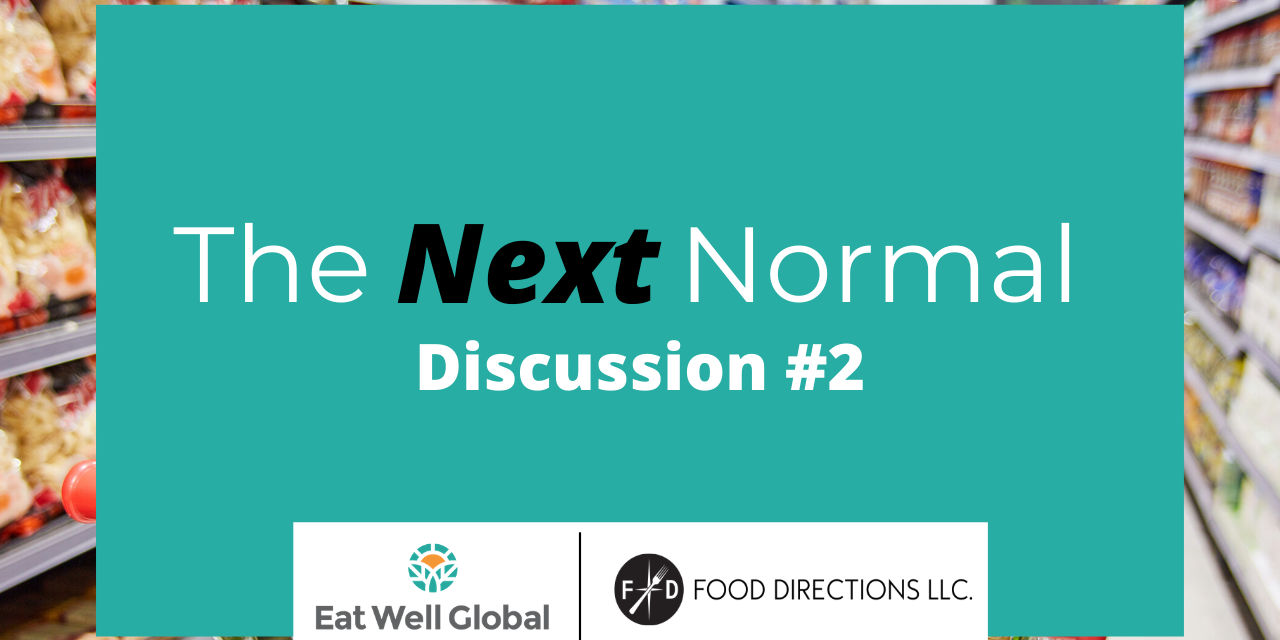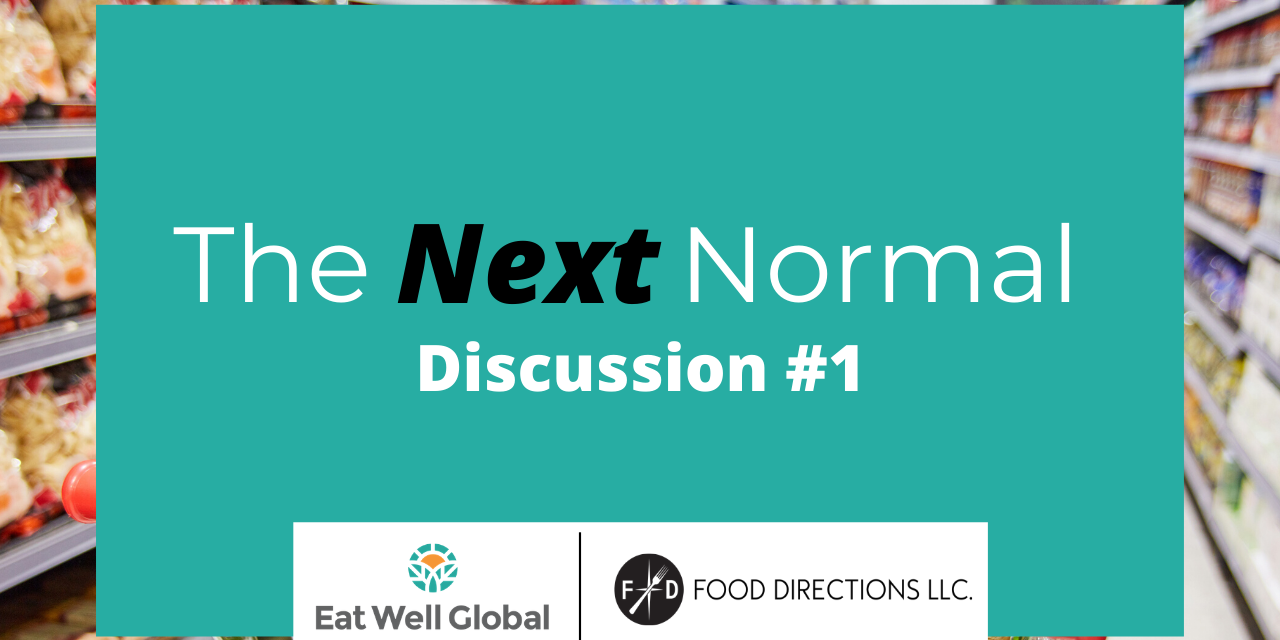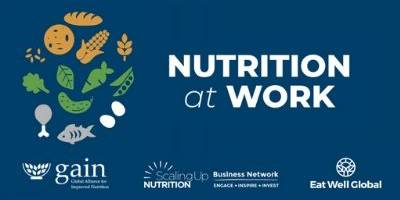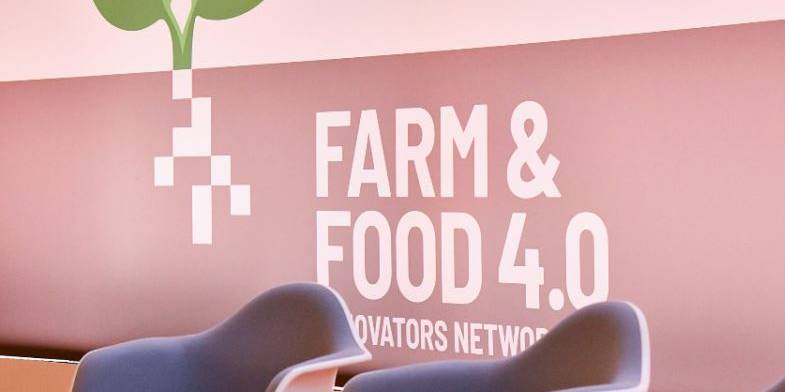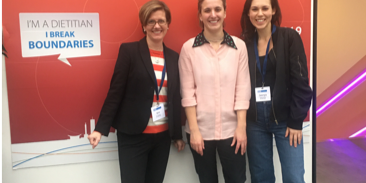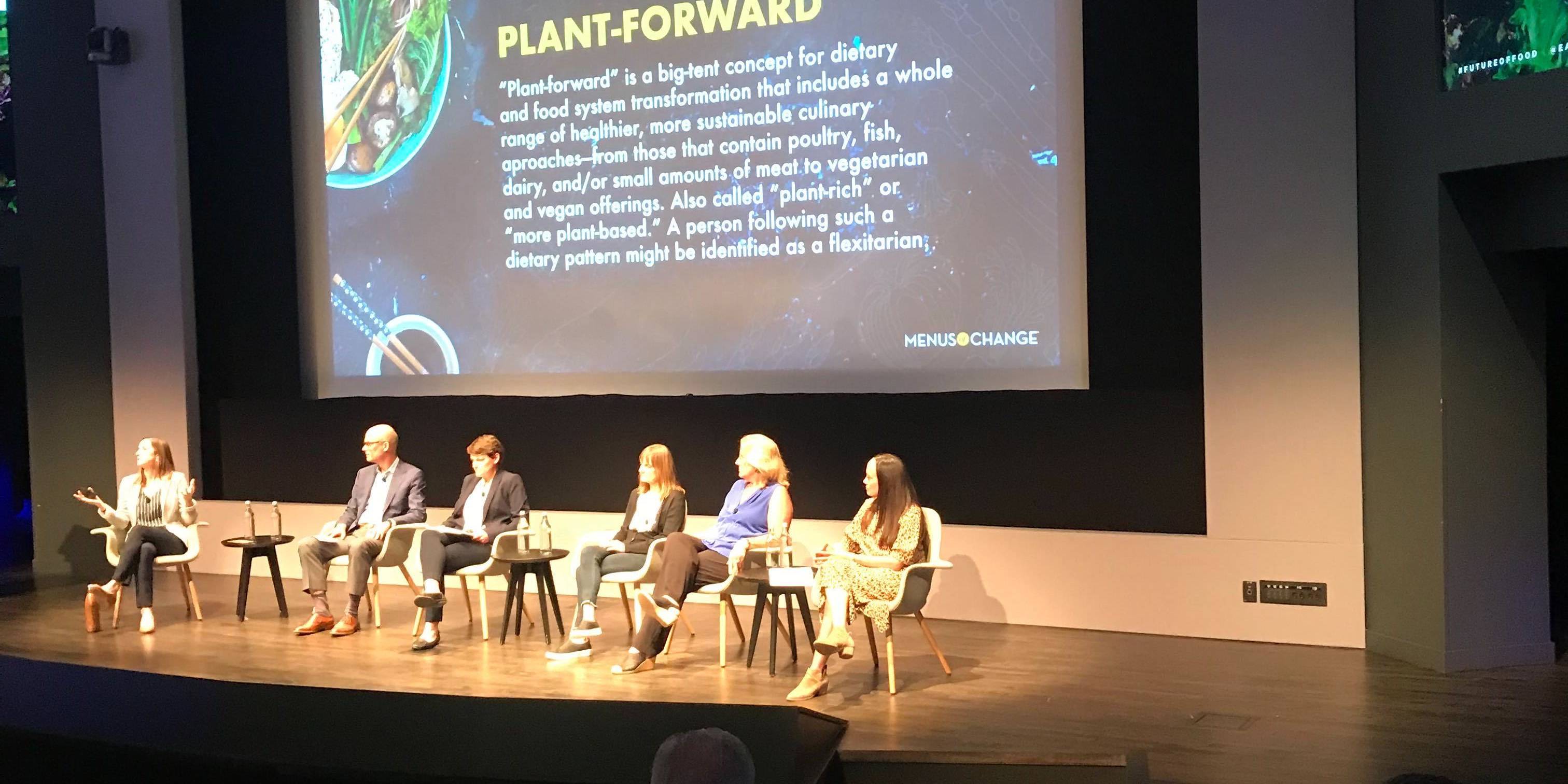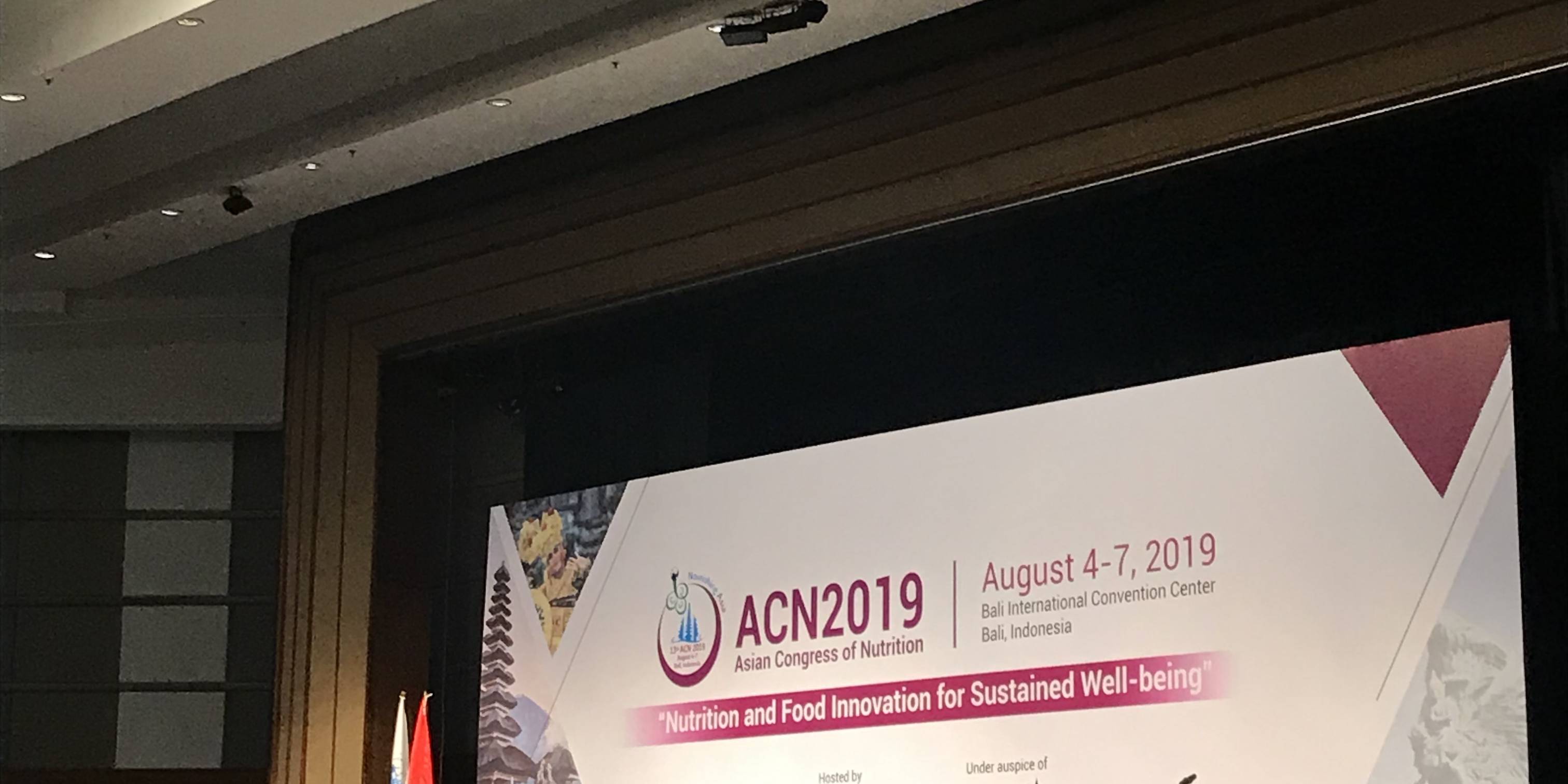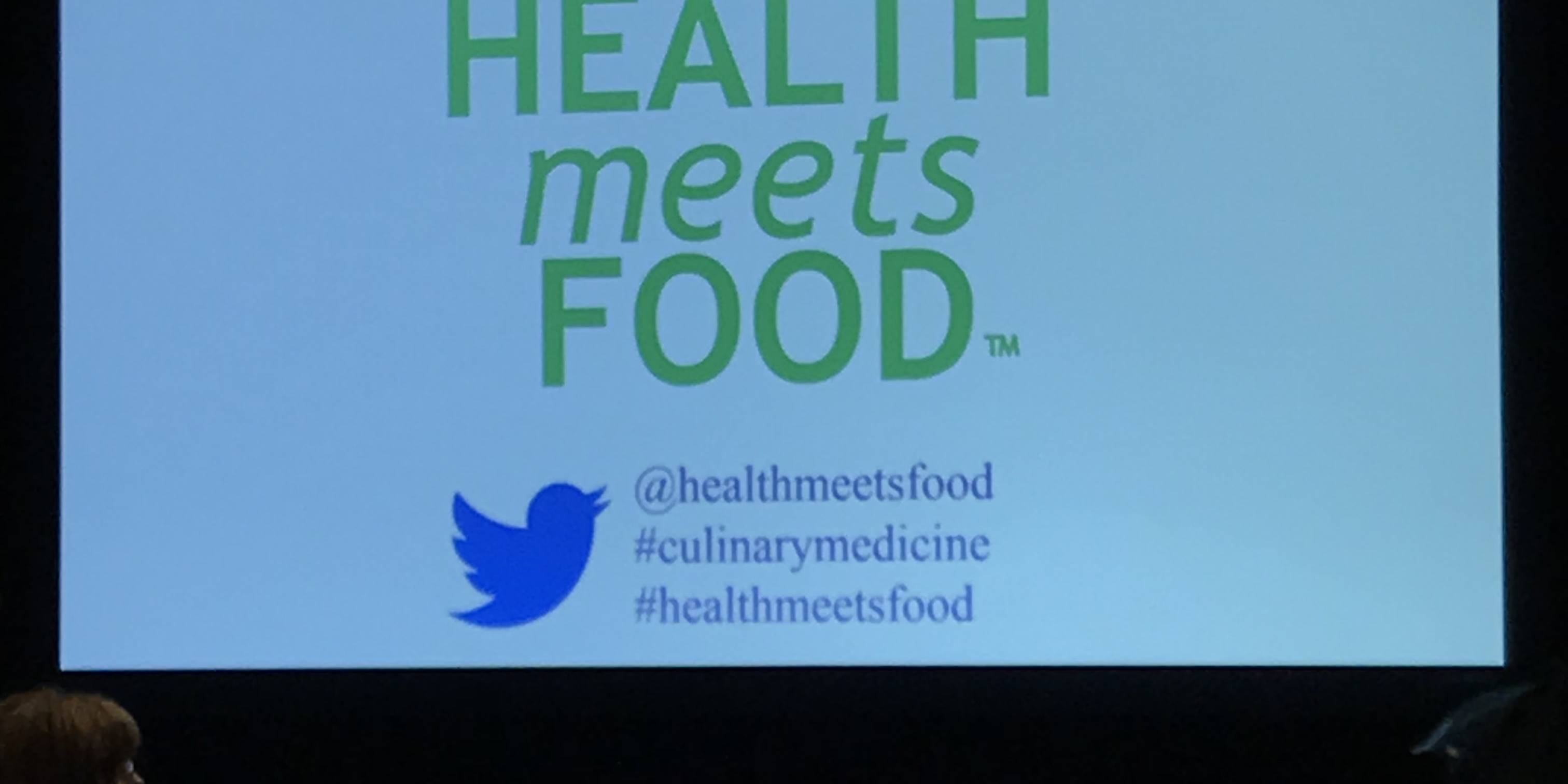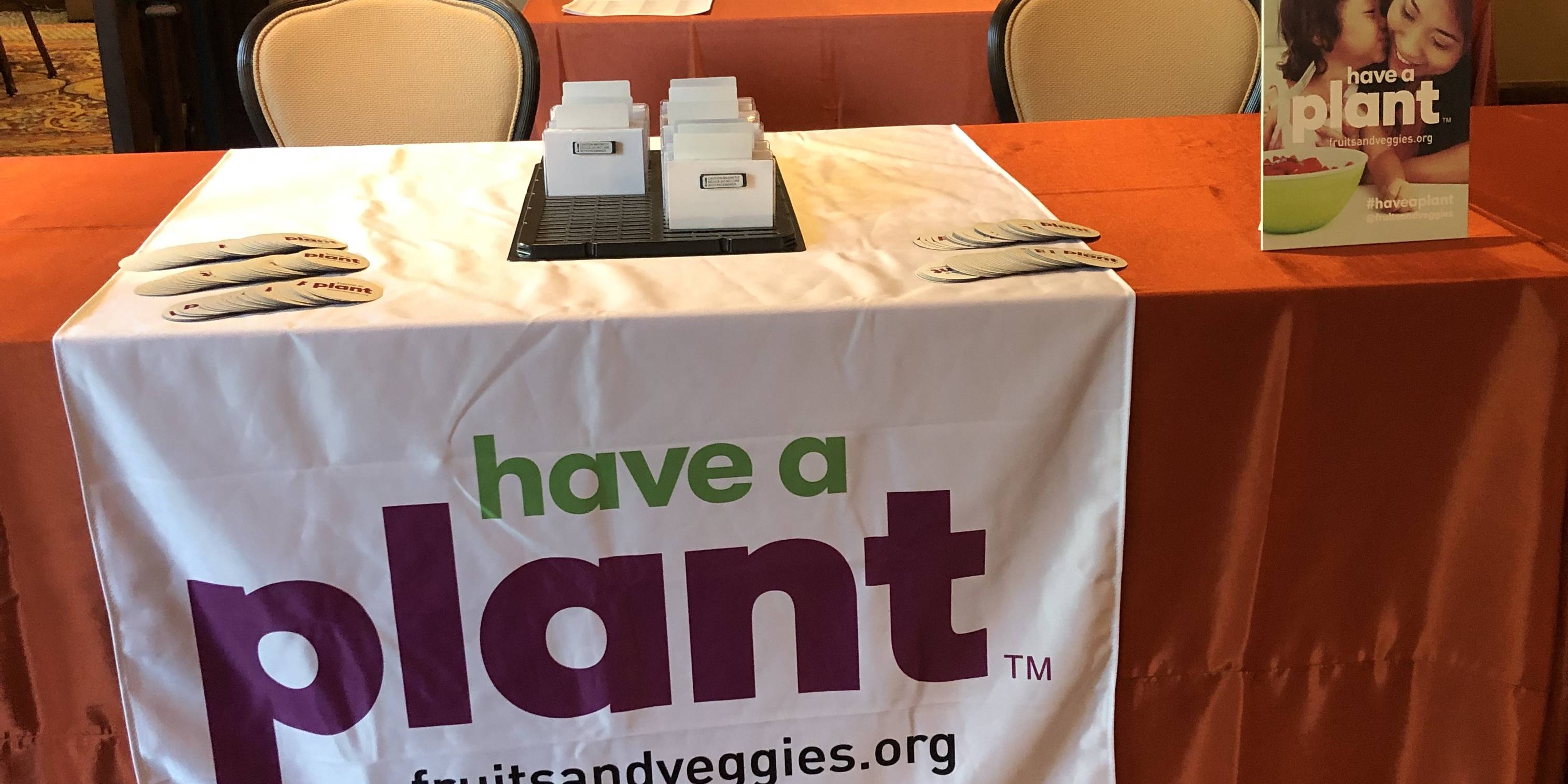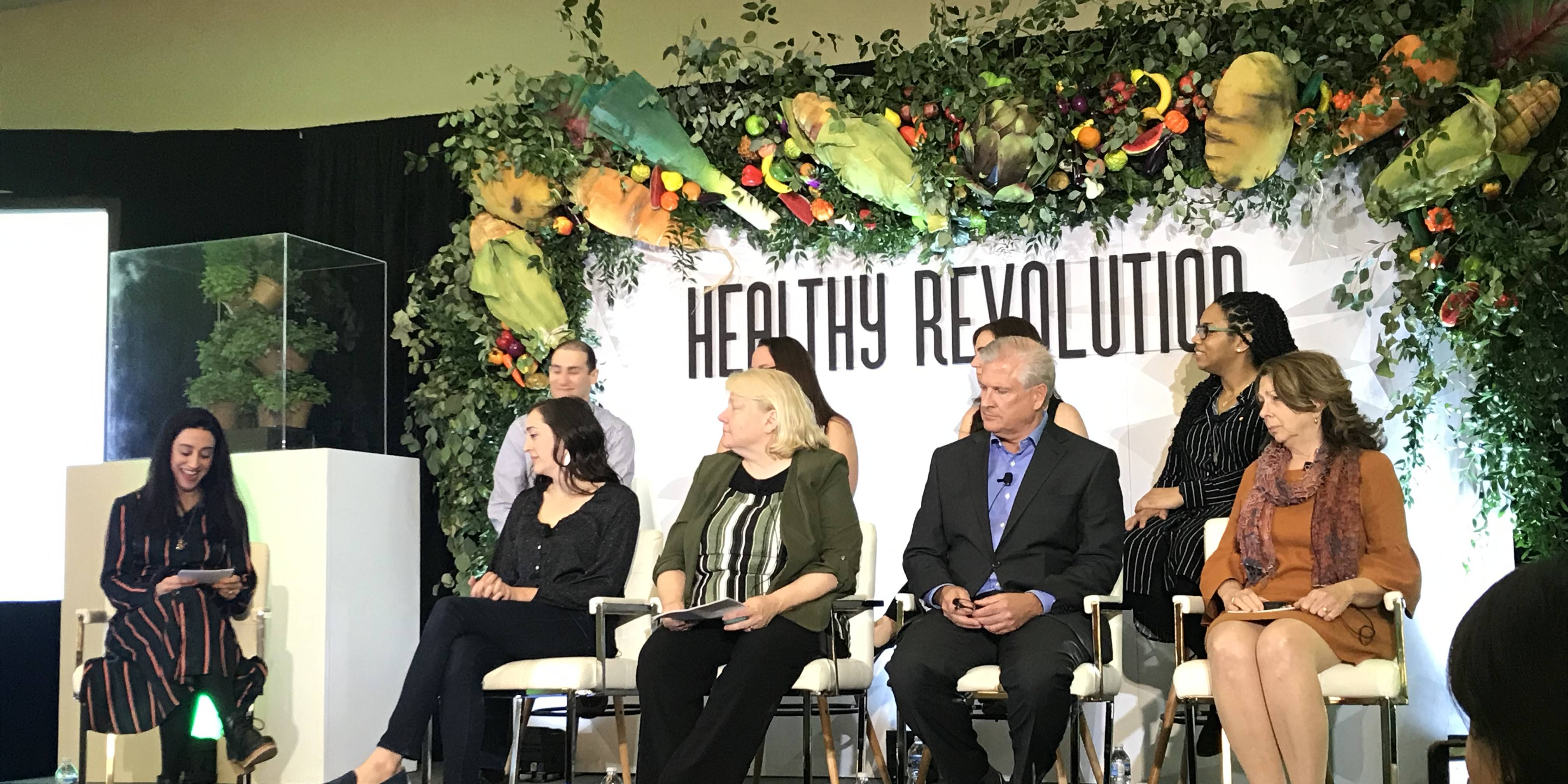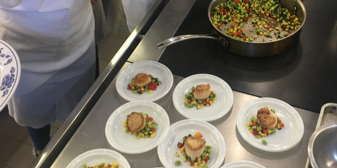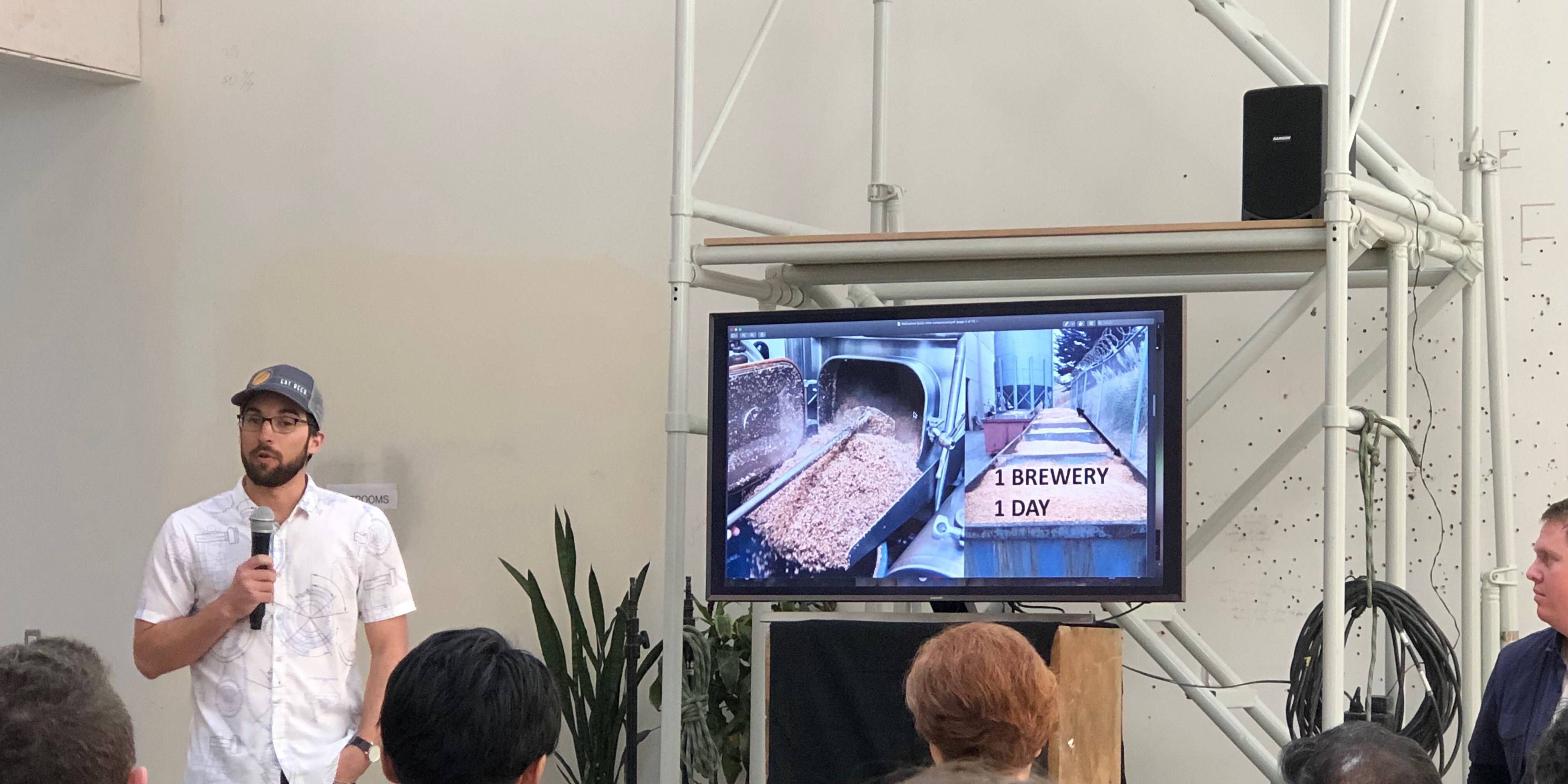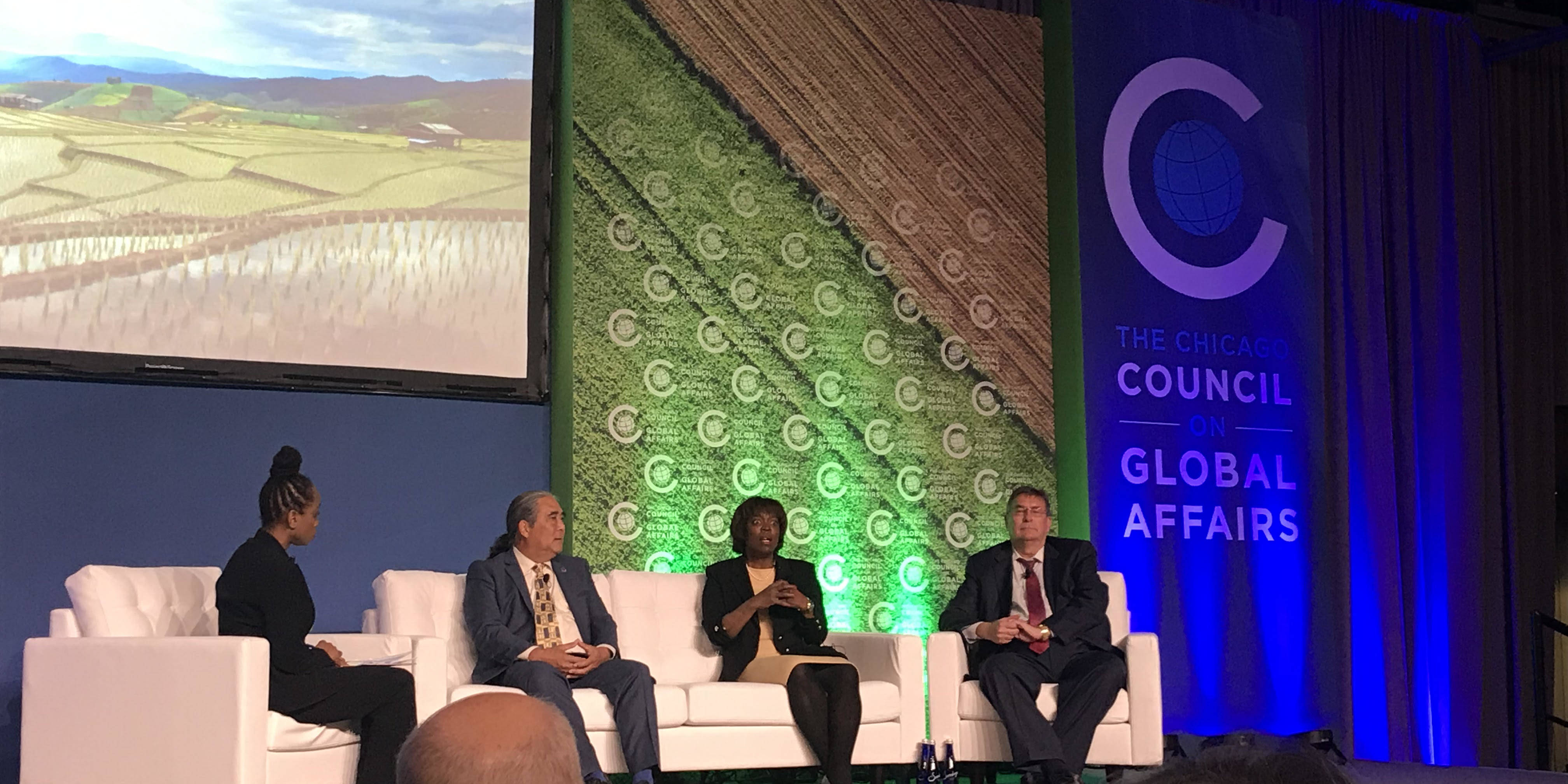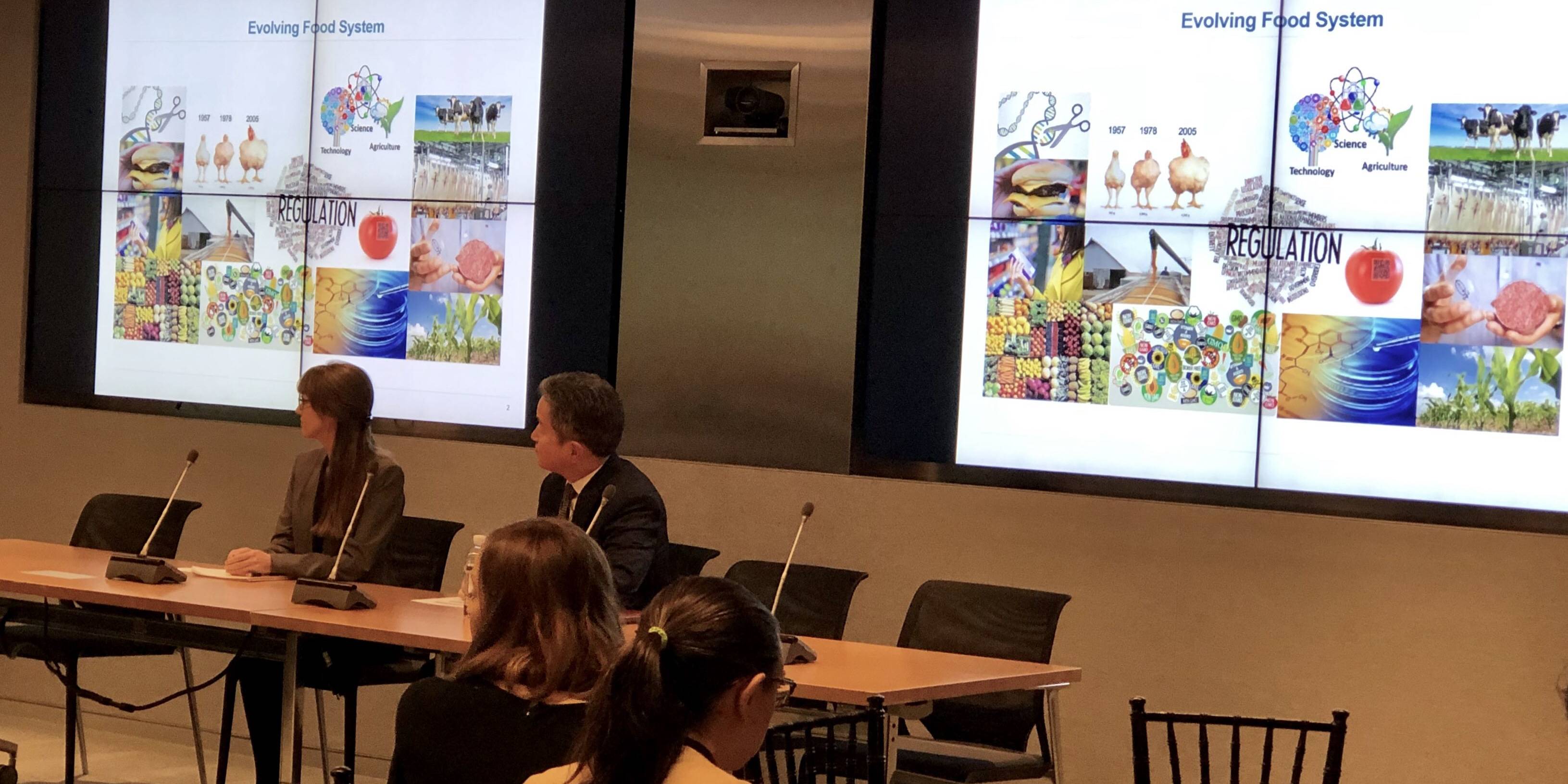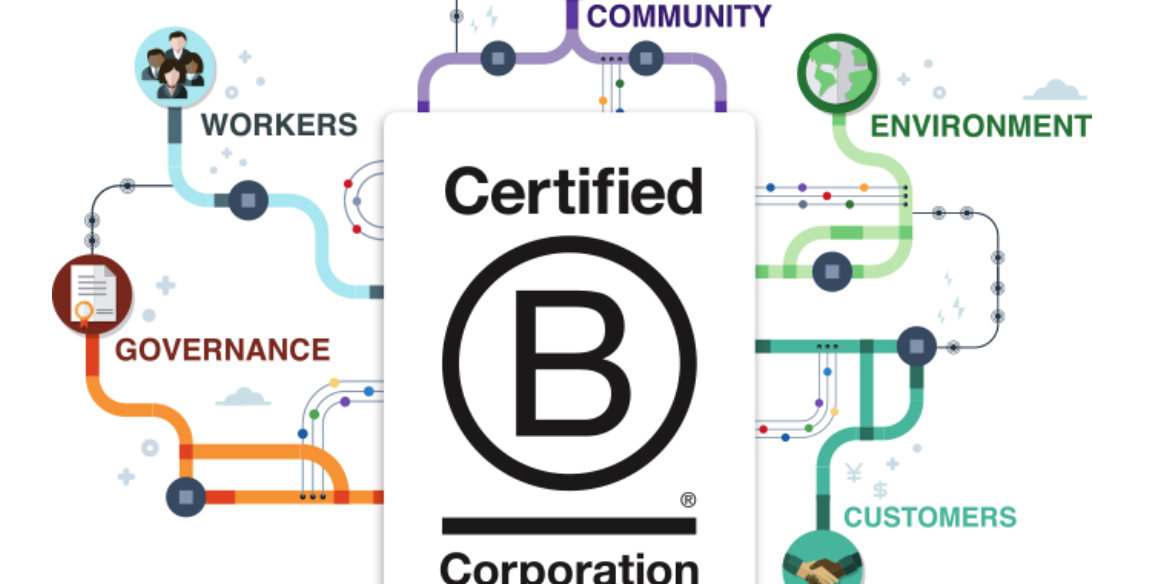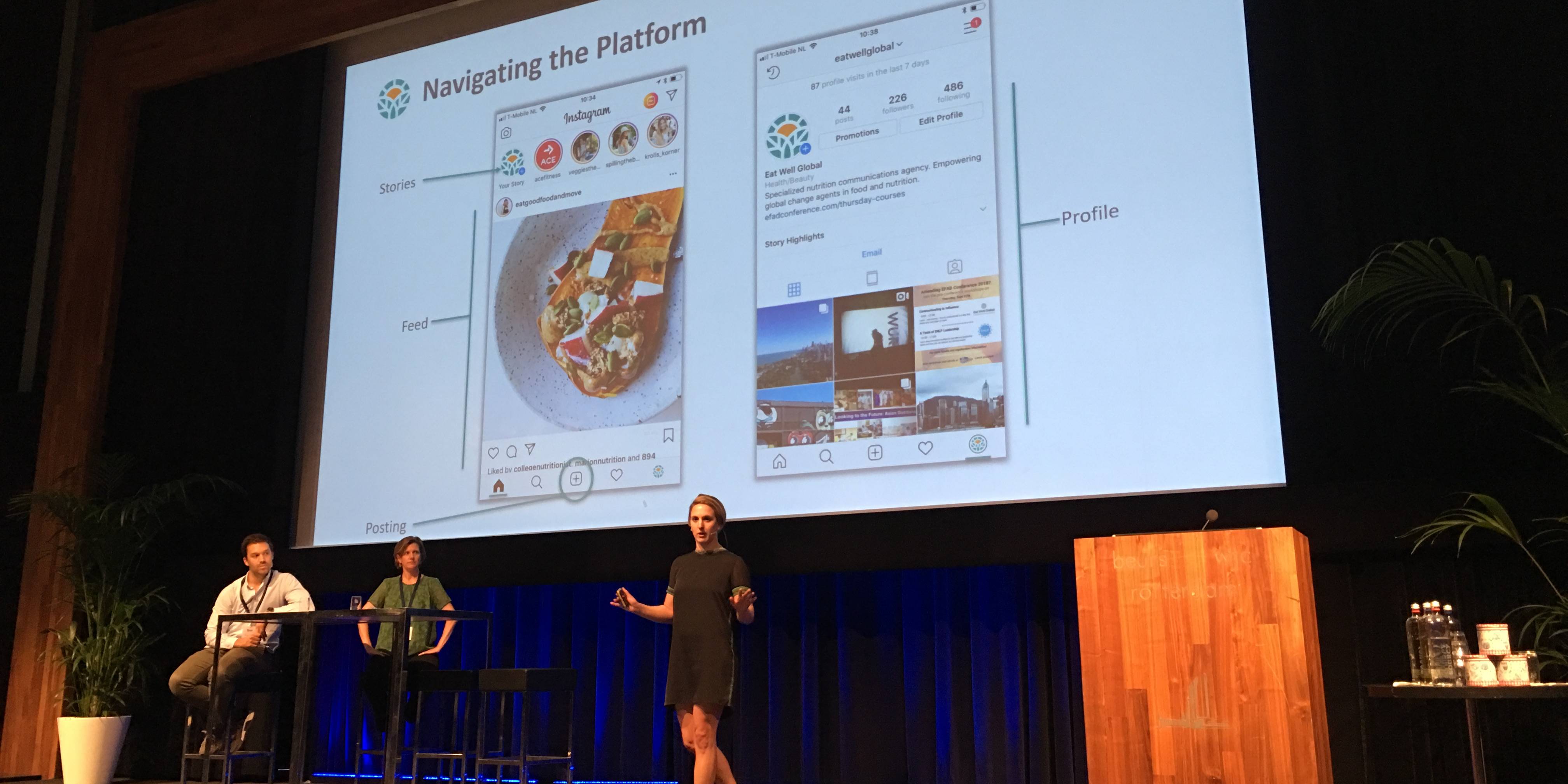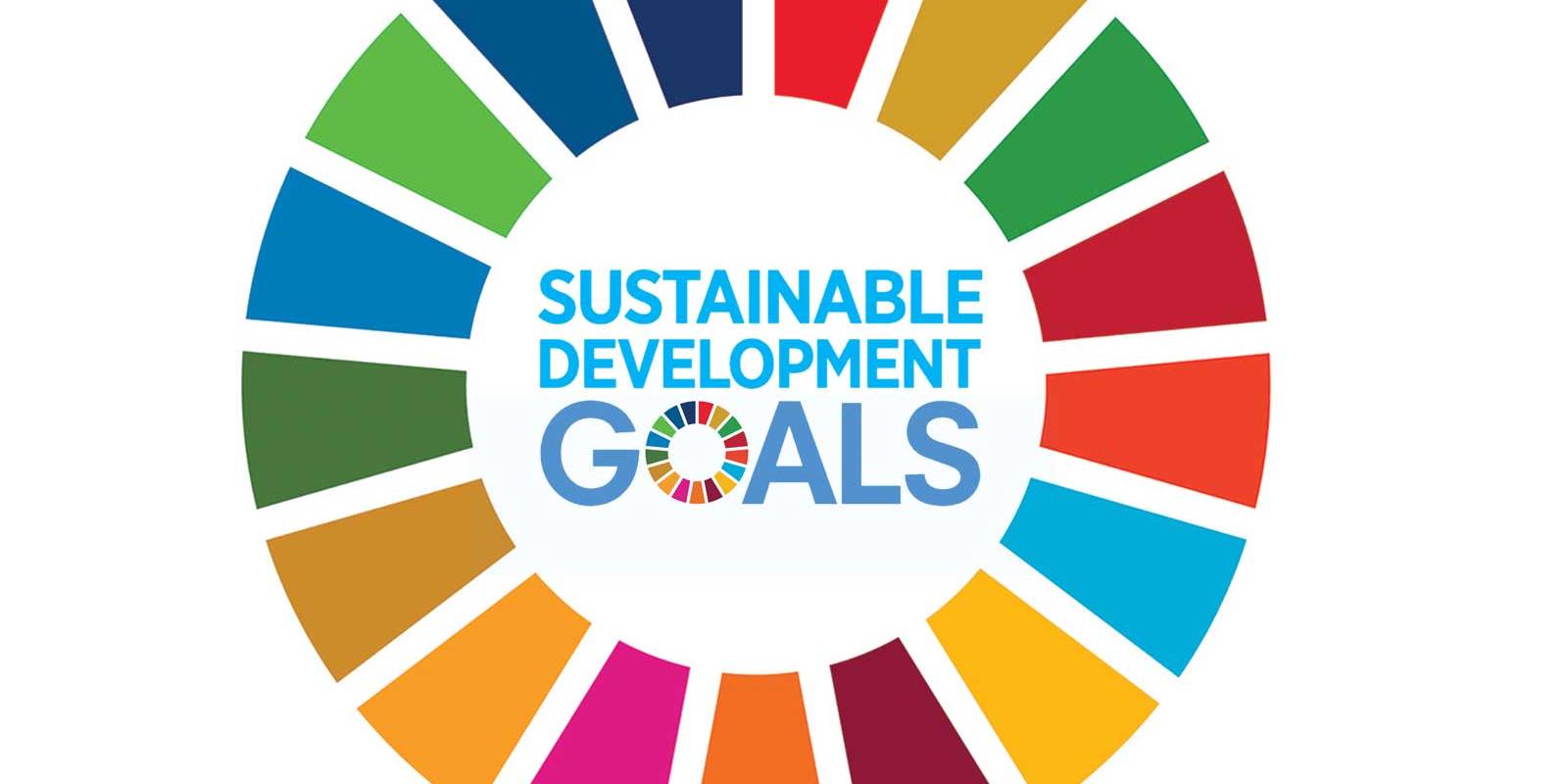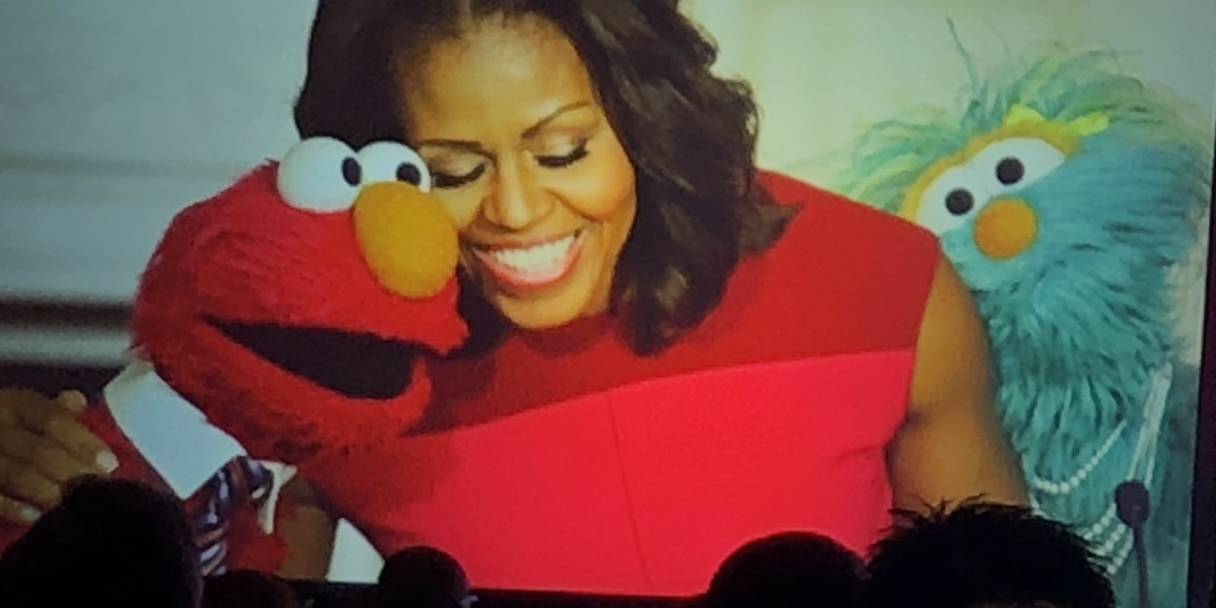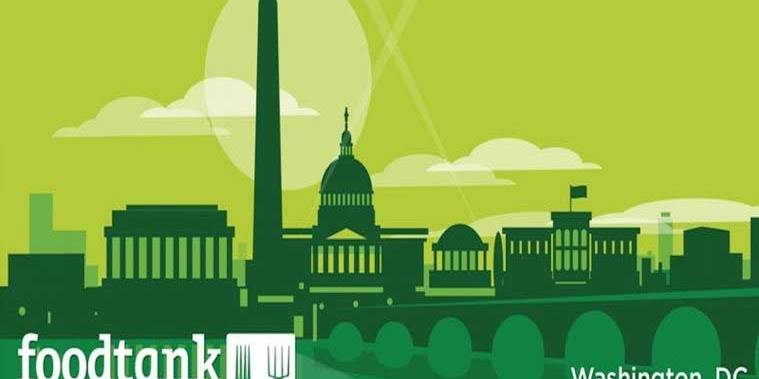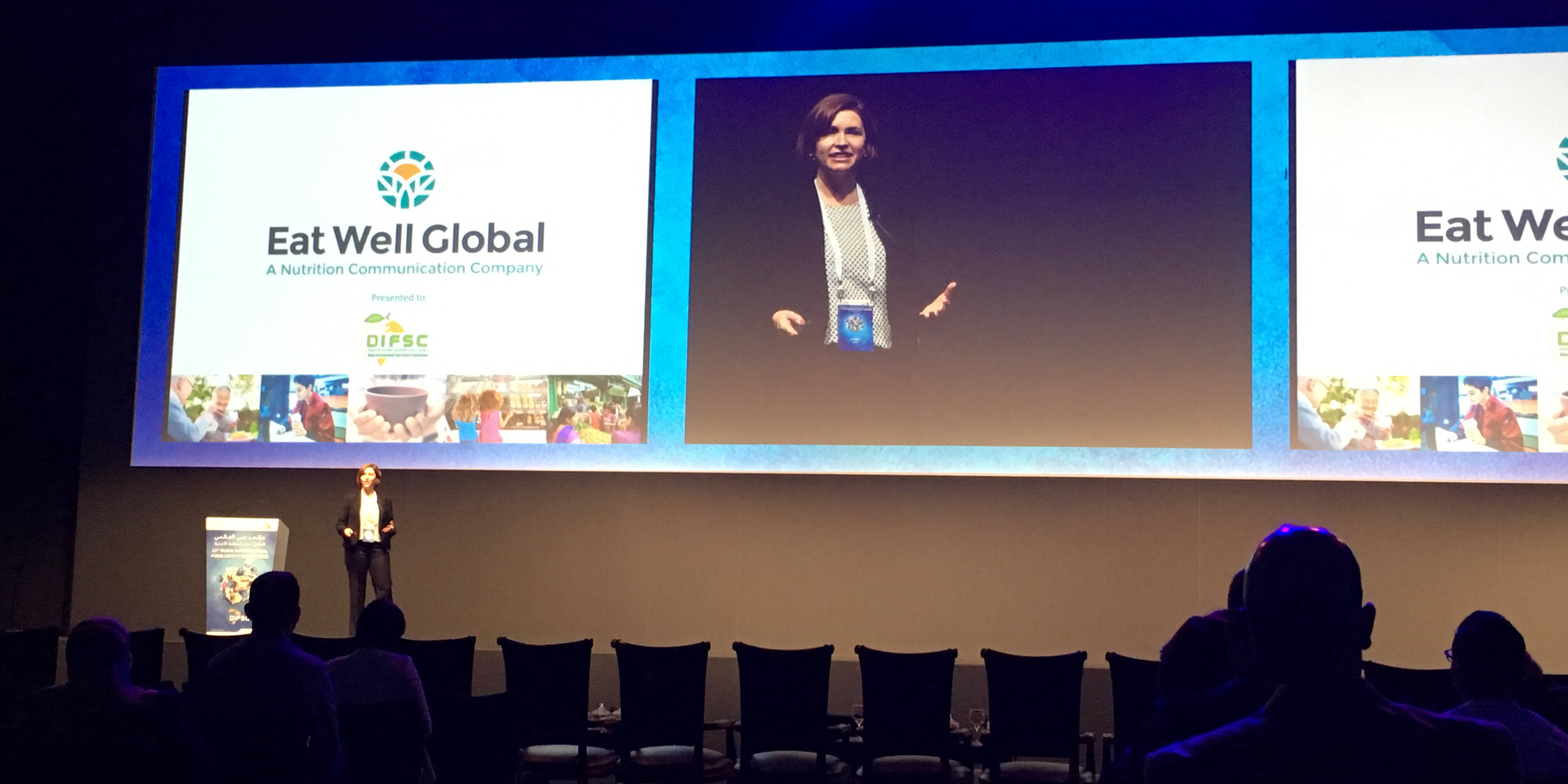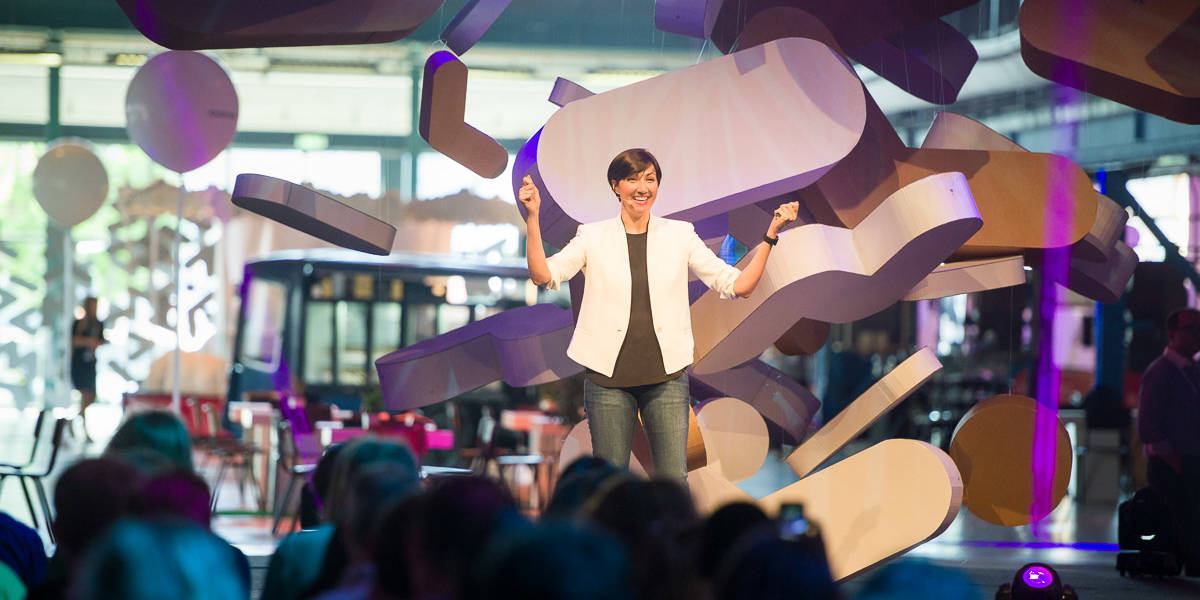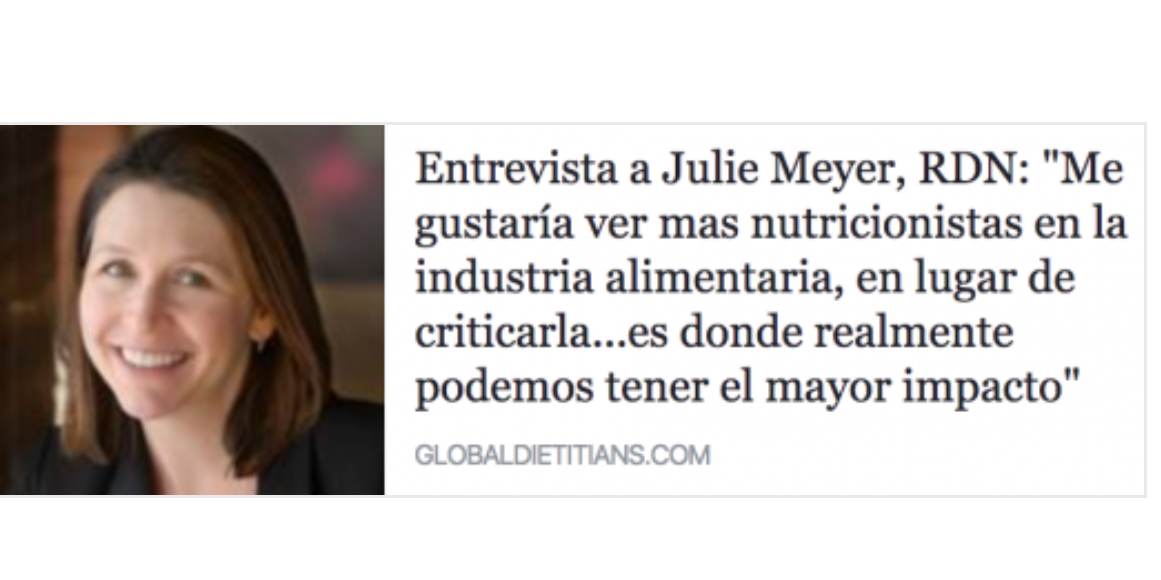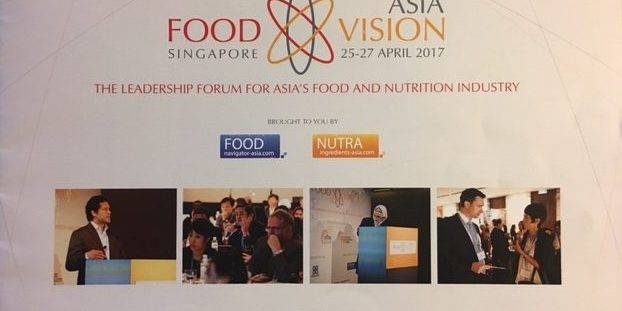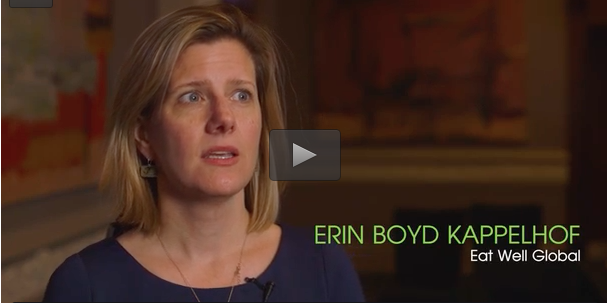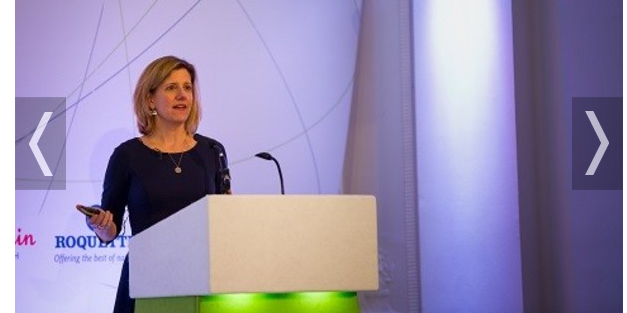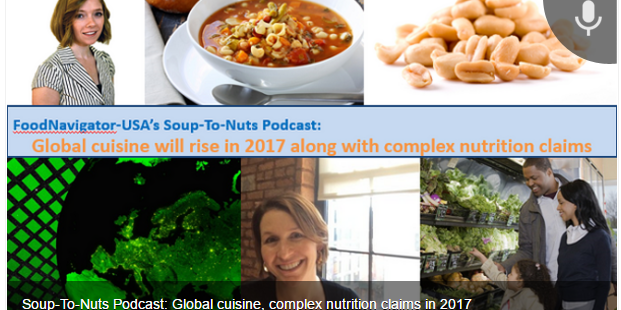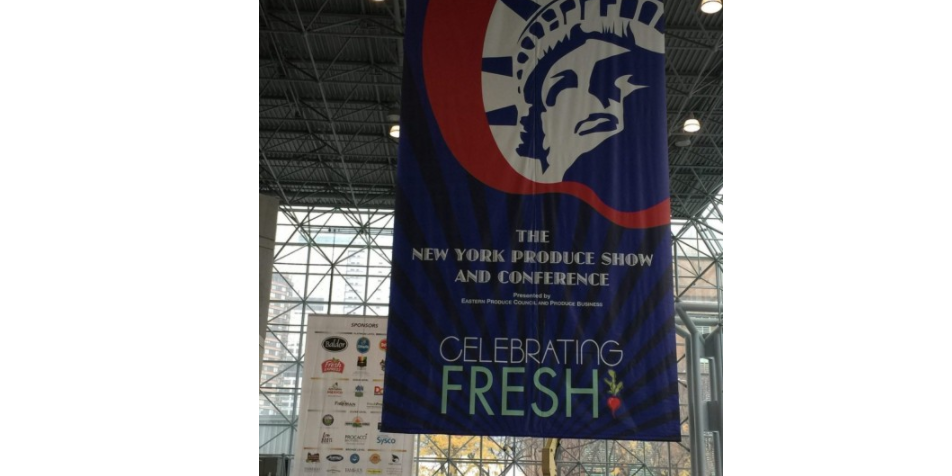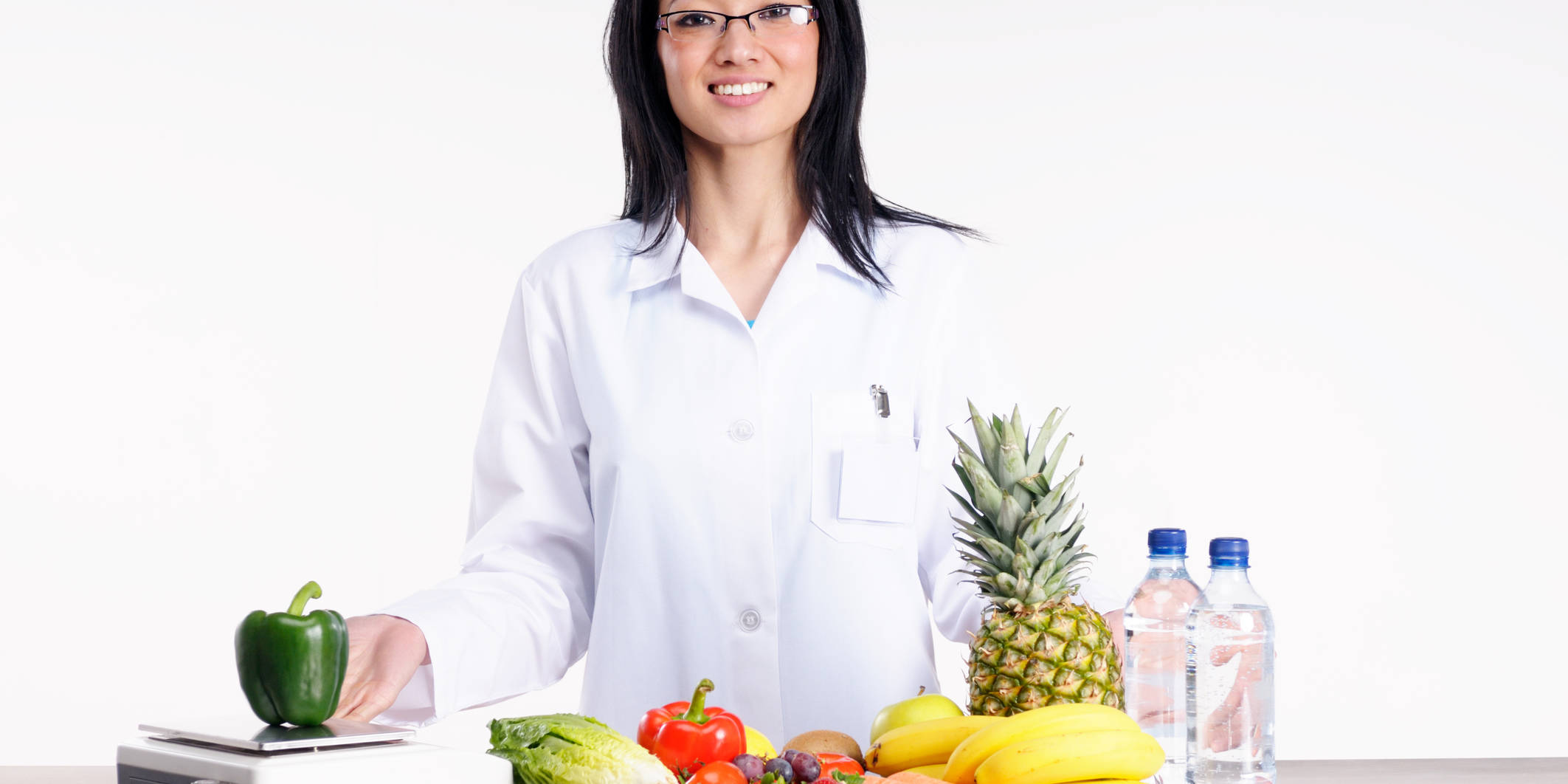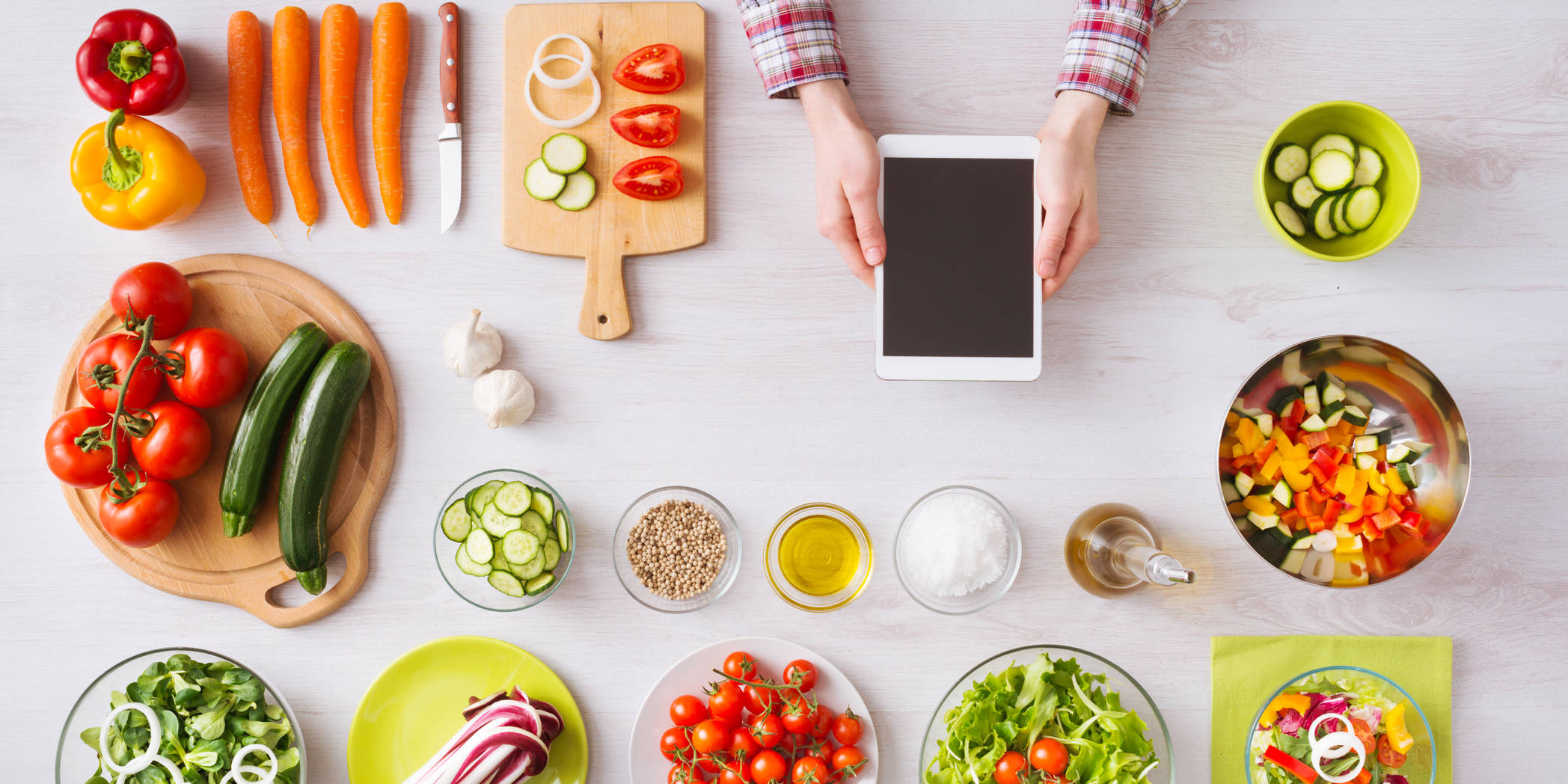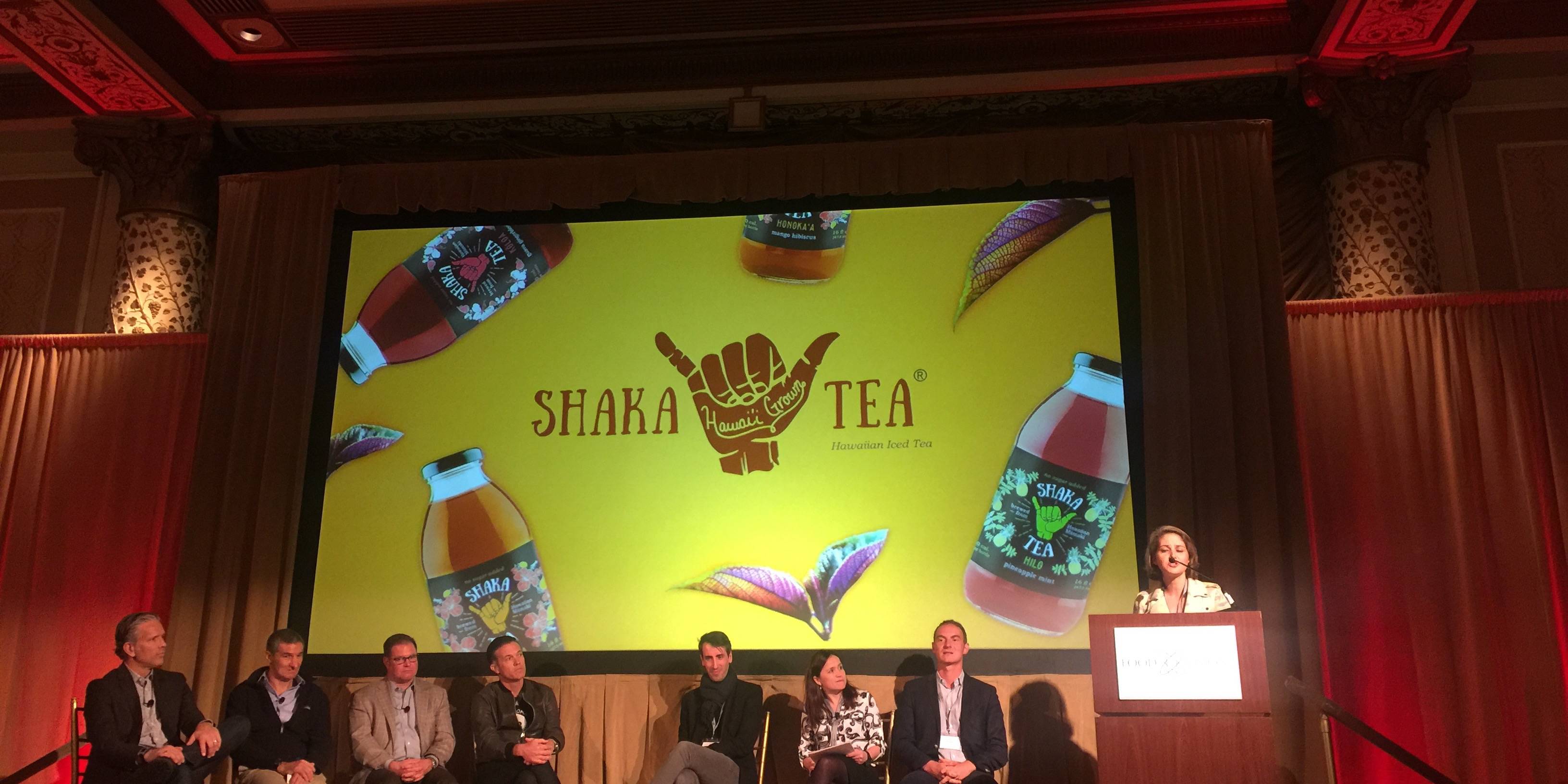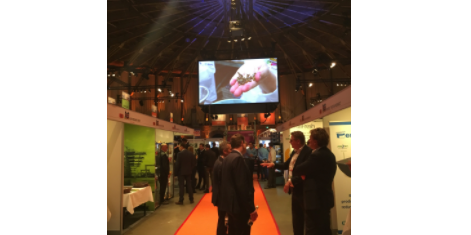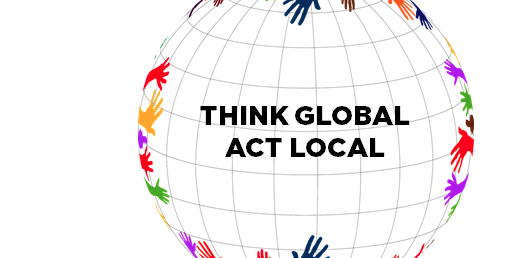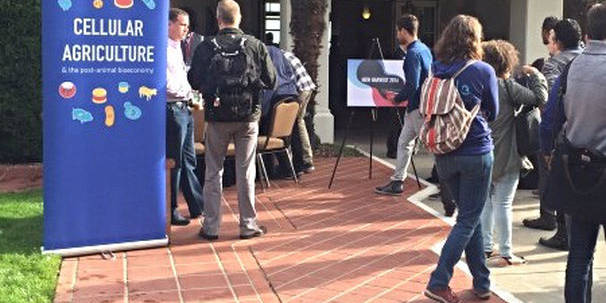Sustainability and nutrition are intricately linked, as the way in which we approach and consume food has direct impacts on both our personal wellbeing and the health of the environment. One action we can implement into our daily lives to promote a more sustainable food system is limiting total food waste. According to the National Resources Defense Council, up to 40% of food in the United States alone is never eaten. As we consider ways to combat this significant statistic, upcycling represents an innovative and effective solution for reducing food waste.
We had the pleasure of connecting with Ben Gray, Registered Dietitian and Chief Innovation Officer of the Upcycled Food Association (UFA), to learn more about UFA’s mission, his path to a career at the intersection of sustainability and nutrition and why knowledge of sustainable practices, such as upcycling, is critical for health professionals in their everyday practice as food and nutrition experts.
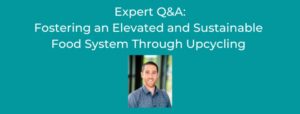 Eat Well Connect’s November newsletter focuses on the unique intersection of culinary arts and sustainability. From your perspective, how are these two topics complementary, and how have they shown up in your own career path to date?
Eat Well Connect’s November newsletter focuses on the unique intersection of culinary arts and sustainability. From your perspective, how are these two topics complementary, and how have they shown up in your own career path to date?
The Upcycled Food industry brims with individuals and companies that see opportunity where others saw waste. Ingredients from the 70% of the cacao pod not traditionally used in chocolate production, the spent grain from brewing, or products like jerky from invasive fish; the possibilities for innovation are almost endless. The work I do supporting visionaries that comprise this industry is incredibly rewarding and sits at this very intersection of culinary arts and sustainability.
The Upcycled Food Association (UFA) describes itself as “building a food system in which all food is elevated to its highest and best use.” Can you speak more to this idea and the types of work UFA is currently doing to meet this mission?
Our global food system currently wastes about 1 billion tons of food annually, translating to $1 trillion of investment into our food system lost each year. UFA supports a consumer-driven solution to what is considered by Project Drawdown as the most impactful thing we can do to combat climate change: preventing food waste. We’ve created a certification program that allows brands to highlight products that include upcycled ingredients directly on pack. The certification serves to educate consumers about ingredients that were once part of that $1 trillion loss. We’ve also developed a network of over 180 Member companies in 17+ countries, created programs to increase investment into the industry, and continue to help grow upcycled supply chains.
As a Registered Dietitian, Co-founder and Chief Innovation Officer of the Upcycled Food Association, you’ve followed a unique and exciting career path within the field of nutrition and dietetics. Can you share more on your background in nutrition and the path that led to your current role at UFA?
It’s always been about my love of food, evangelizing variety, and helping promote positive change. After culinary school I pivoted to studying nutrition because I was interested in “helping people.” As a nutrition educator on university campuses I lived for the sparkle in a student’s eyes when they tried their first fresh peach in early August or high-fived their partner while enjoying a roasted pepper they helped grow in the campus community garden. When we started work on what would become the UFA, I dived into the uncertain territory of a startup because it was an opportunity to help bring positive change to our global food system and every day we take steps to bring about that positive change.
For those who might not be familiar, what is “upcycled food”? And why is it important for health professionals to both understand and apply knowledge of this practice in their own work?
Upcycling food is an ancient tradition based on the philosophy of using all of what you have. Upcycled products prevent food waste by creating new, high-quality products out of surplus food. In 2020 I facilitated a group of experts from the Harvard Food Law and Policy Clinic, Drexel University, World Wildlife Fund, Natural Resources Defense Council, ReFED, and others to help us create the official definition for use in policy, research, and more: “Upcycled foods use ingredients that otherwise would not have gone to human consumption, are procured and produced using verifiable supply chains, and have a positive impact on the environment.”
Dietitians must be able to address all areas of health including physical, mental, and environmental, helping clients achieve more than the absence of sickness. Understanding that upcycled ingredients must meet the same standards for food safety is just the start. Knowledge of sustainability paradigms is critical to maintaining our credibility with the public as food and nutrition experts.
Who do you look to for inspiration in both the sustainability and culinary realms?
Jacques Pepin is a master of simplifying technique and a wonderfully unassuming steward for anyone looking to cook more. I adapted many of the recipes from his show “Fast Food My Way” for cooking classes I taught on campus. I’m also entranced by the endless creativity within the cuisines of South Asia. Take dosa or idli with sambar and coconut chutney; a popular breakfast dish with flavor combinations I enjoy even after eating it hundreds of times that represents the rule rather than the exception when it comes to depth and variety of flavors and textures. Finally, UFA Members and the products they’re bringing to market are a continued source of inspiration for me.
What are some favorite resources you can share with the Eat Well Connect community to learn more about upcycled food, as well as other aspects of food sustainability that can be applied in their own practice?
I encourage everyone to check out our website upcycledfood.org where you can find out about the upcycled food industry, our certification, and links to learn about creative upcycled ingredients and products and the companies behind them. If people want to learn more about food waste, ReFED recently released their insights engine (insights.refed.com) which is a “data and solutions hub for food loss and waste, designed to provide anyone interested in food waste reduction with the information and insights they need to take meaningful action to address the problem.” Finally, I often recommend “Cooking with Scraps” by Lindsay-Jean Hard to those interested in using more of what they already have in the kitchen,
Lastly, what’s next for the Upcycled Food Association in 2022?
More and more people will be seeing products on the shelves that have the “Certified Upcycled” Mark! As an organization that was just gaining momentum as the pandemic started, we’re also looking forward to getting out and meeting people face to face at trade shows including Expo West and, hopefully, hosting our own in-person events.
Ben Gray MS, RD, is the Co-founder and Chief Innovation Officer of the Upcycled Food Association. Ben came to this work with a deep affection for food and is driven daily by the bold vision of a food system that can sustain all peoples and our planet. He holds an Associate’s degree in Culinary Arts from Johnson & Wales University, and Bachelor’s and Master’s degrees from the University of Arizona and University of Georgia respectively. He is honored to support innovative brands and extraordinary people behind them and proud to help grow an organization that sees equitable participation and being evidence-based as central to the mission of reducing food waste.
Related News
January 25, 2021
Eat Well Connect Voices: Tessa Nguyen
In this latest installment of our Eat Well Connect Voices Q&A, Tessa Nguyen, RD, LDN, of Taste Nutrition Consulting shared her thoughts on what…
November 27, 2020
The Conference Discussing the Future of Food, Drink and Nutrition Goes Virtual
This October, Food Matters Live held its first virtual conference. The conference focused on identifying opportunities in a changing consumer-driven…
November 19, 2020
Partner Highlights: Global Alliance for Improved Nutrition
In the global fight against hunger and malnutrition, few organizations are as impactful as the Global Alliance for Improved Nutrition (GAIN). Since…
November 18, 2020
Eat Well Connect Voices: EatWell Exchange
In this latest Eat Well Connect Voices Q&A, Ashley Carter, RD, LDN and Jasmine Westbrooks, MS, RD, LDN of EatWell Exchange Inc. share their…
October 12, 2020
Next Normal: Optimal Nutrition for a Pandemic Reality
The COVID-19 pandemic has had a profound impact on us all, and the food, nutrition and healthcare industries are no exception. While nutrition…
October 1, 2020
Maintaining Sustainability Commitments While Protecting Profits
Earlier this month, I had the opportunity to present at the 2020 Vitafoods Europe Virtual Expo and discuss how consumer packaged goods companies can…
September 20, 2020
Eat Well Connect Voices: Shahzadi Devje, RD
We're thrilled to connect with Eat Well Connect (EWC) member Shahzadi Devje, RD as she shares her thoughts on using nutrition communication as a tool…
August 20, 2020
We’re hiring an intern for the fall 2020 semester. Apply to join our team!
We’re looking to hire a graduate student for an internship this fall. Our ideal candidate is a current master’s student in nutrition, dietetics or a…
July 29, 2020
We’re hiring a contract/temporary Account Coordinator. Apply to join our team!
We’re looking to hire a Contract/Temporary Account Coordinator to cover for one of our team members. Our ideal candidate is a registered dietitian…
July 16, 2020
We’re looking for a Virtual Events Coordinator! Apply today!
Join our game-changing team as an experienced Contract Virtual Event Coordinator to help us manage virtual events on behalf of our food and nutrition…
June 29, 2020
Nutrition Communication in the Time of COVID
According to a recent survey conducted by the International Food Information Council (IFIC), consumers consider health professionals and registered…
June 4, 2020
Impactful Communication: Meaningful Messages to Inspire Change
Do you want to be more impactful in your work as a dietitian or nutrition professional? Learning to effectively build a message and communicate it to…
May 21, 2020
Register: Healthy Food Promotion
The best way to prevent illness is to avoid being exposed to the COVID-19 virus. Practicing social distancing and proper hand washing can help…
May 21, 2020
Register: Food and Nutrition Standards
Warning labels and restrictions on what can be purchased with federal dollars have long been held up by some as solutions to inform consumers with…
May 21, 2020
Register: Hunger, Inequality and Nutritious Food
In light of COVID-19-related job losses, food banks and federal assistance programs are playing a central role in addressing the growing needs of…
May 19, 2020
Putting Nutrition to Work: Acting on Our Vision that Good Nutrition is Good Business
Workforce nutrition programs offer benefits for employees as well as businesses, such as reduced absenteeism, increased productivity and improved…
September 18, 2019
Exploring the Ongoing Evolution of Food, Sustainability and Nutrition at The Future of Food Summit
As Eat Well Global further establishes its unique position empowering global change agents in our field, we actively seek more perspectives and…
August 7, 2019
Climate, Culture & Economics: Expanding our Nutrition Perspective at the Asian Congress of Nutrition
Hosted by the Federation of Asian Nutrition Societies (FANS) every four years, the Asian Congress of Nutrition is Asia’s prime convening of food and…
July 16, 2019
“No one is your enemy” and other things I learned in Geneva last week
Last week I joined nearly 30 public and private sector leaders from all over the world as the inaugural cohort of a very special course, Together for…
June 23, 2019
Marrying Medicine and Nutrition: Health Meets Food Conference
Hosted by the Tulane University School of Medicine, Health Meets Food’s 6th annual Culinary Medicine conference brought together primarily physicians…
April 25, 2019
The Power of Pairing, Partnerships and Produce at PBH Consumer Connection Summit
Launching a fresh new campaign, “Have a Plant”, PBH connected consumers’ increasing interest with adding more plants to their diet to their ongoing…
April 15, 2019
Accelerating Healthier Futures Together
Over the years, we’ve seen Partnership for a Healthier America (PHA) embark on new initiatives, bringing along their star-studded friends to amplify…
April 8, 2019
The 2nd Annual Culinary Nutrition Conference
Chefs and nutrition professionals came together for the 2nd Annual Culinary Nutrition Conference this month at the Institute of Culinary Education…
April 3, 2019
Internet of Food Brought to Life at IC-Foods 2019
When the concept of the “Internet of Food” comes up, people often ask, “don’t we already have an internet? And can’t you find food there?” The…
March 22, 2019
The Chicago Council on Global Affairs: Global Food Security Symposium 2019
For the past 10 years, The Chicago Council on Global Affairs has been convening key stakeholders from the public, private and NGO sectors at their…
February 28, 2019
The Evolving Regulatory and Marketing Landscape of Lab-Grown Meat
Cell-cultured meat, also known as lab-grown meat or clean meat, is generated through a complex process using cells from healthy animals and combining…
December 20, 2018
Eat Well Global Proudly Announces B Corp Certification
We are excited to announce Eat Well Global is now officially B CorpTM certified!
December 12, 2018
PRESS RELEASE: Eat Well Global Joins Corporate Leaders in Social Responsibility with Recent B Corporation® Certification
Certified B Corporations® include businesses that voluntarily meet the highest standards of social and environmental performance, public…
November 7, 2018
PRESS RELEASE: Healthy Marketing Team and Eat Well Global join forces to help industry address rapidly changing consumer nutrition market in North America
The international brand strategy and nutrition innovation agency, Healthy Marketing Team (HMT), announce their cooperation with Eat Well Global, Inc…
October 25, 2018
Eat Well Global Brings Nutrition Communication to the Forefront at EFAD 2018
Eat Well Global participated in the 40th Anniversary European Federation of the Associations of Dietitians conference in Rotterdam, the Netherlands.…
September 6, 2018
“Nutrition is Everyone’s Business”: Insights from the SDG Conference – Partnerships are Critical to Ending Hunger
This August, Eat Well Global attended the SDG-Conference ‘Towards Zero Hunger: Partnerships for Impact’ at Wageningen University & Research in the…
August 20, 2018
Communicating to Influence at EFAD Conference 2018
For dietitians, the ability to communicate effectively is an essential skill. Whether working in a hospital, school, food company or even your own…
May 11, 2018
Partnership for a Healthier America Summit Brings 360 Degree View of Better Health
The 2018 PHA Summit brought together diverse stakeholders to support their mission: make the healthy choice, the easy choice.
March 14, 2018
Food Tank 2018 Highlights Need for Farmer Support
At the recent Food Tank Summit in Washington, D.C., farmers, senators, members of Congress, nonprofit and business leaders, media, and young…
March 5, 2018
What in the World is Neurogastronomy?
Any SAT-word loving geek can break down the word neurogastronomy. Neuro indicates brain and gastronomy links to food and culinary. There is a lot of…
November 22, 2017
Dubai International Food Safety Conference Brings Big Data to the Plate
Technology and food safety were the name of the game at the 11th Annual Dubai International Food Safety Conference, which took place November 19-21,…
June 15, 2017
Harvesting Insights from the Next Generation of Food Security Innovators: Thought For Food Global Summit 2017
Have you ever heard of choco-panda ice cream? Me neither. How about a superhero on a mission to teach kids about nutrition and food security? If…
May 16, 2017
Flexible & Entrepreneur Dietitians – Global Dietitians interviews Eat Well Global
Global Dietitians interviews Eat Well Global's founding partner Julie Meyer
May 9, 2017
Eat Well Global on Influencer Trust at Food Vision Asia
It is no news: achieving a healthy lifestyle is top of mind for millions of people around the globe and social media plays a big role in driving…
March 17, 2017
Eat Well Global Talks Authenticity in Food Navigator Interview
With an apparent rise in distrust of science and facts coupled with an increase in social media marketing, there has been a shift in consumer…
March 14, 2017
Eat Well Global at Food Vision in London!
Trend makers, marketing and communication specialists and industry leaders gathered at the Food Vision event in London, from 1-3 March. Among the…
January 26, 2017
Eat Well Global addresses health influencers & brand power in Food Navigator article
In times where consumer demand for transparency and authenticity intersect with fast pace influencer marketing, reaching consumers through trusted…
January 17, 2017
Eat Well Global talks 2017 global food trends on Food Navigator-USA’s Podcast
To kick off 2017, Julie Meyer, co-founder of Eat Well Global and GA4HNC, participated in two episodes of Food Navigator-USA's Soup-to-Nuts-Podcast.
January 2, 2017
Convenient, Committed and Cool: 2016 NY Produce Show Review
Today's consumer seeks more from their produce and industry is delivering
December 20, 2016
The American Public’s Opinion on Food Science
A recent survey by the Pew Research Center asked Americans about their opinions regarding the science behind food and health recommendations and…
December 12, 2016
What Americans Think About Healthy Eating
With impending changes in the political climate, many people have been asking what this means for the future of food policy.
November 22, 2016
Food Vision USA: Innovation, Disruption and What’s Next
Leaders from start-ups to trend makers to innovative disruptors share their thoughts on the big question: what's next?
November 14, 2016
Want people to eat more fruits and vegetables? Inspire them.
As a nutritionist, I love this statement. As a communicator, I couldn’t agree more.
October 5, 2016
ICD 2016: How Dietitians Can Impact Sustainable Eating
What role can (and should) dietitians play in the sustainability dialogue? We went to Granada to find out!
August 17, 2016
The Future Is Now: New Harvest 2016
Several hundred (309 to be specific) researchers, entrepreneurs, visionaries, futurists and interested parties gathered under sunny skies in San…

